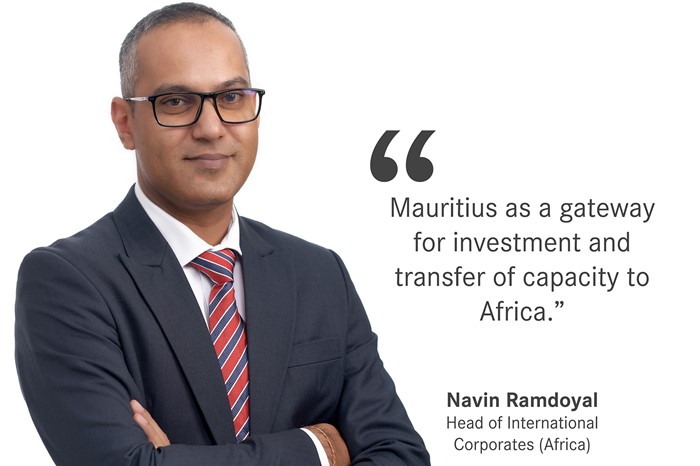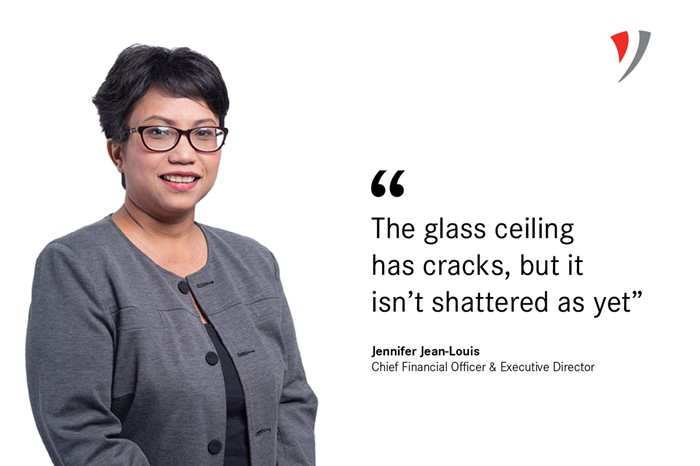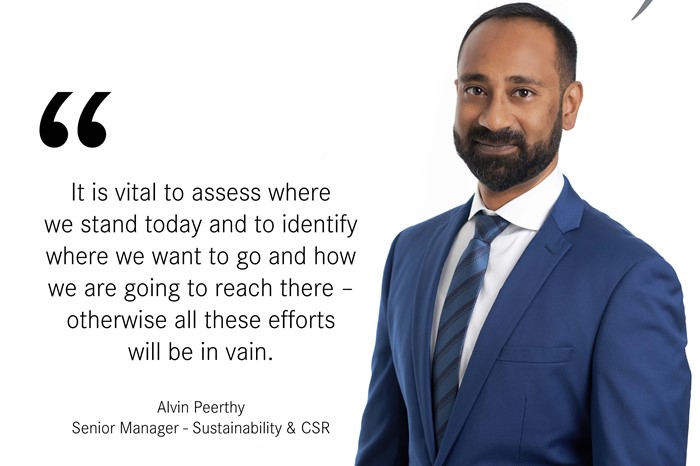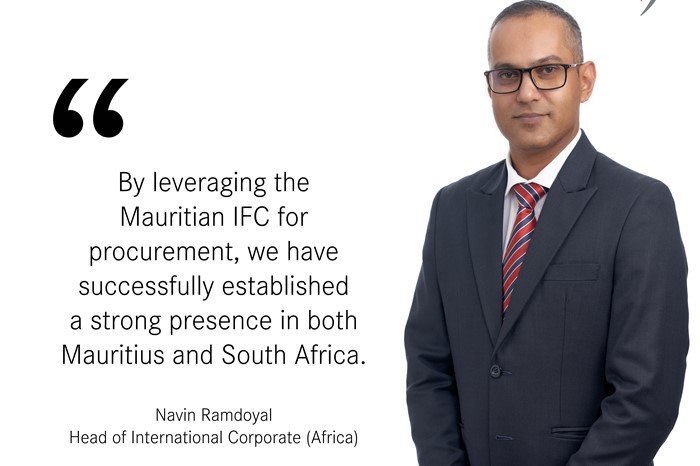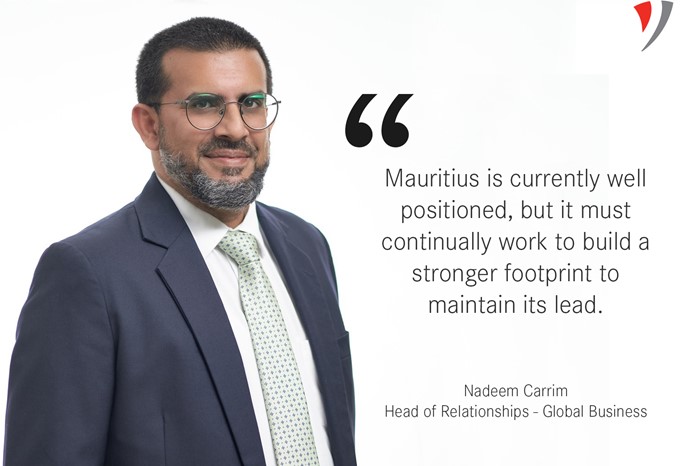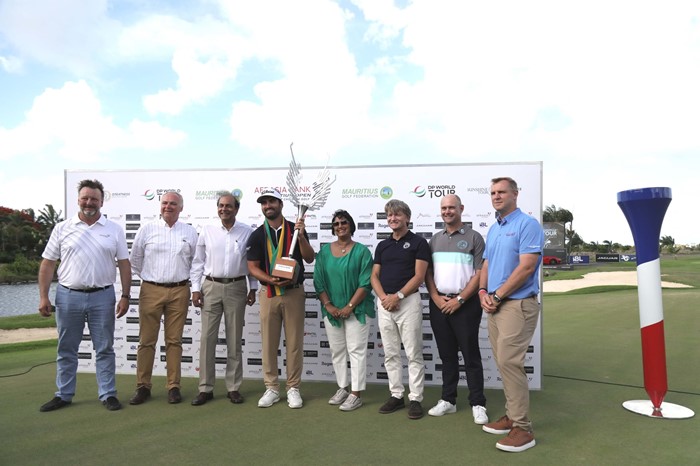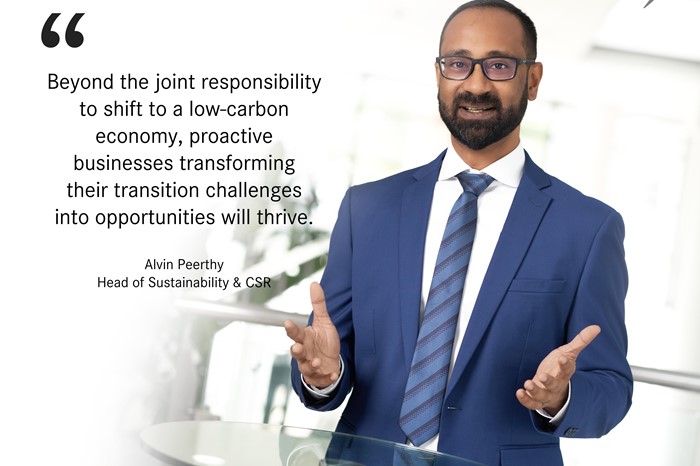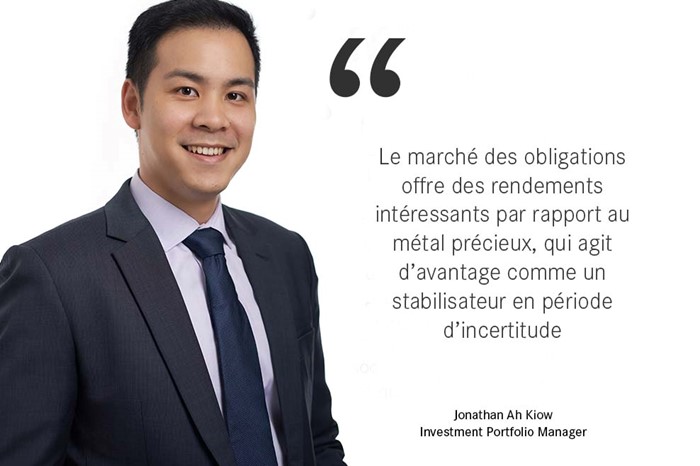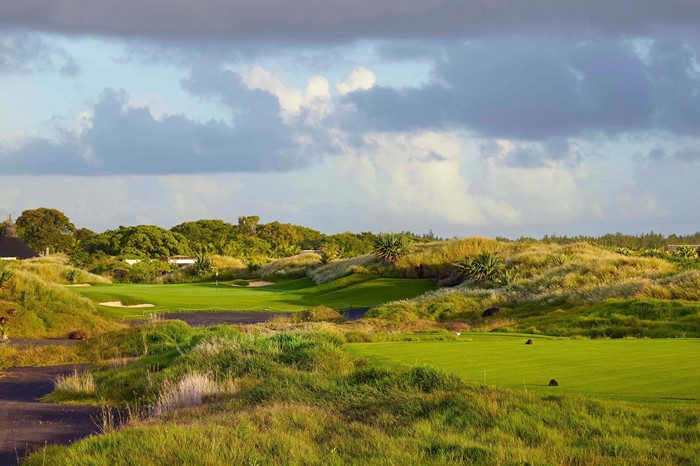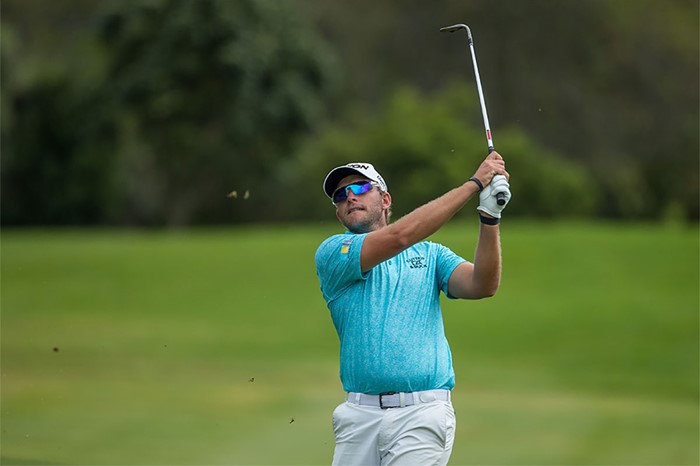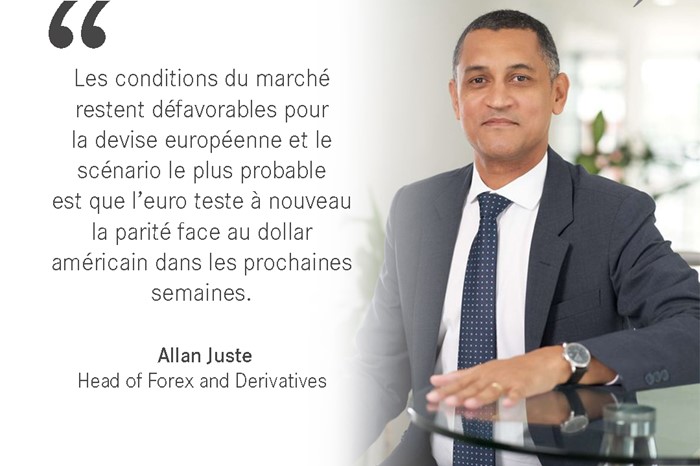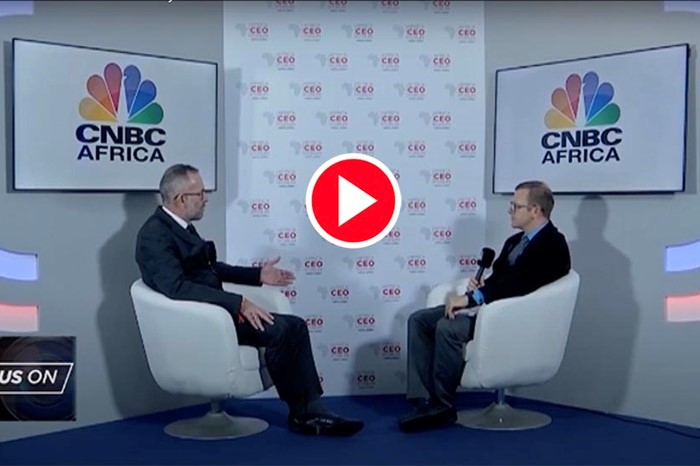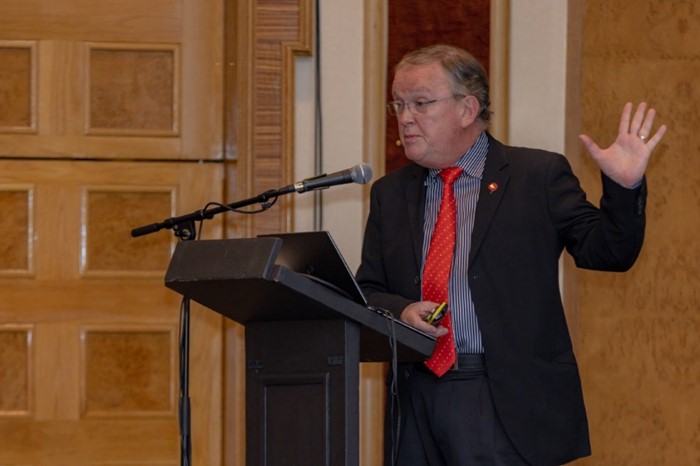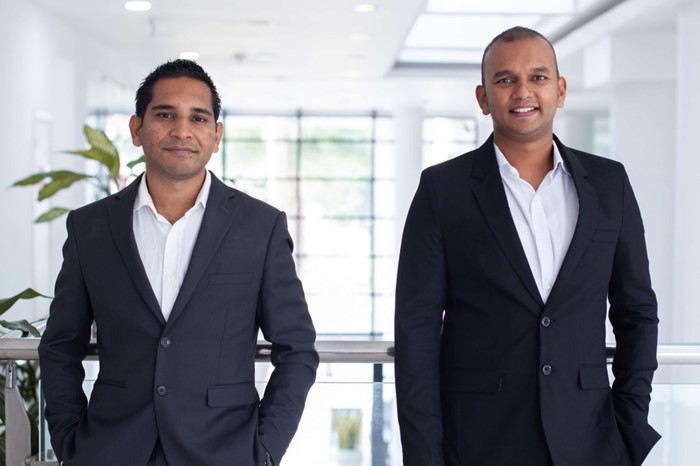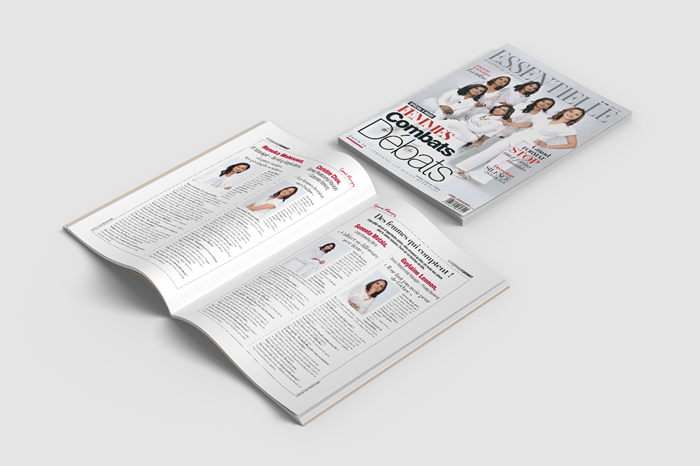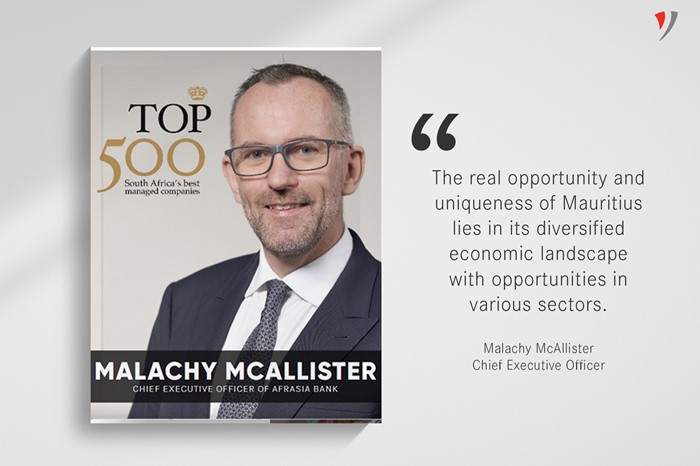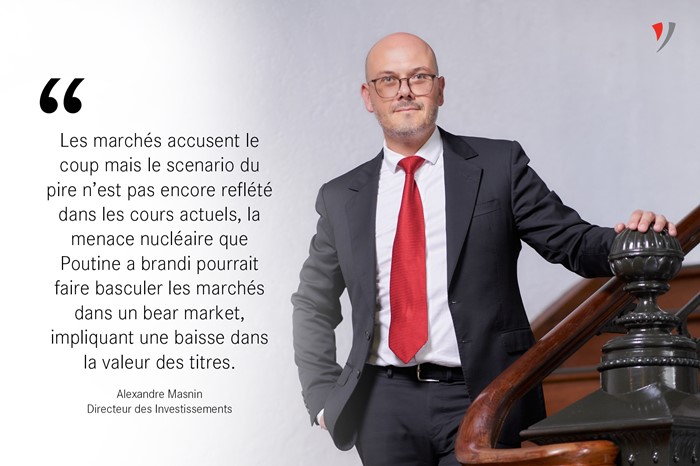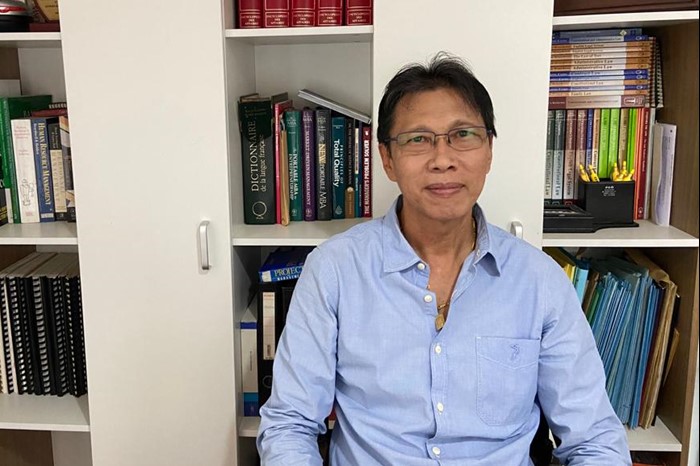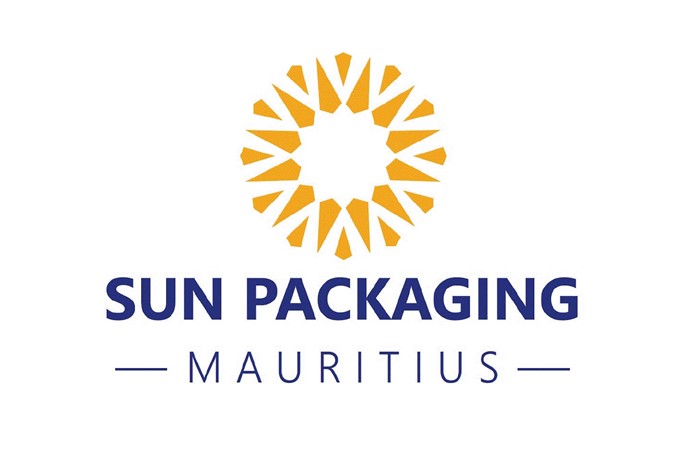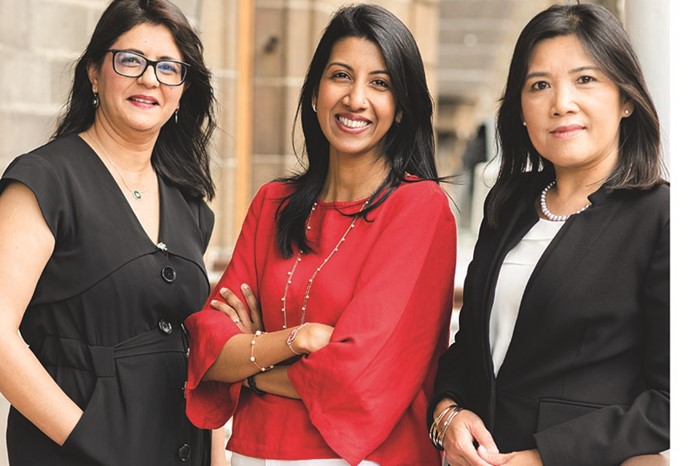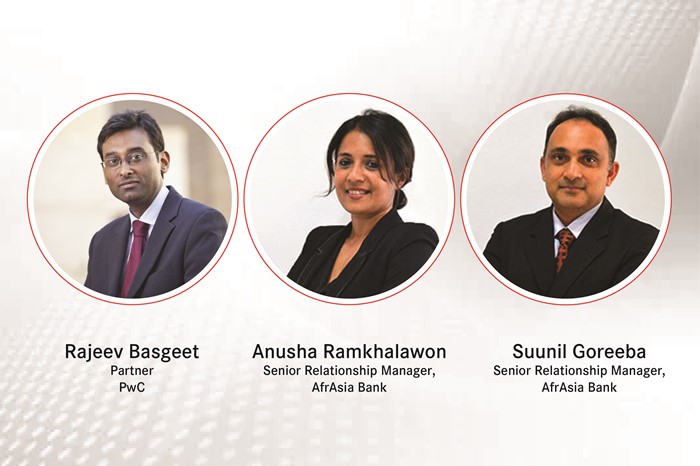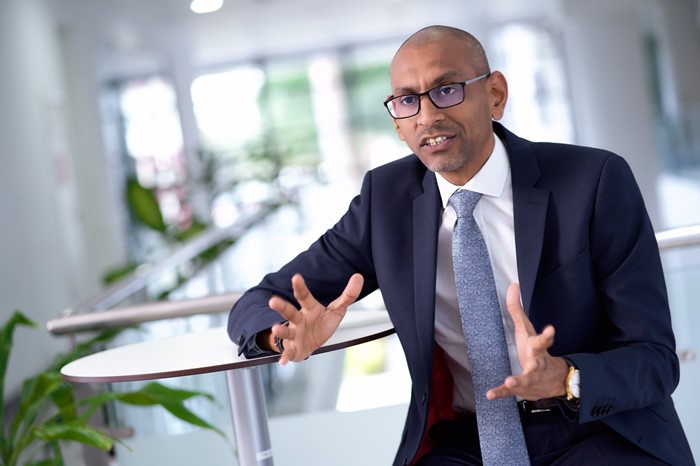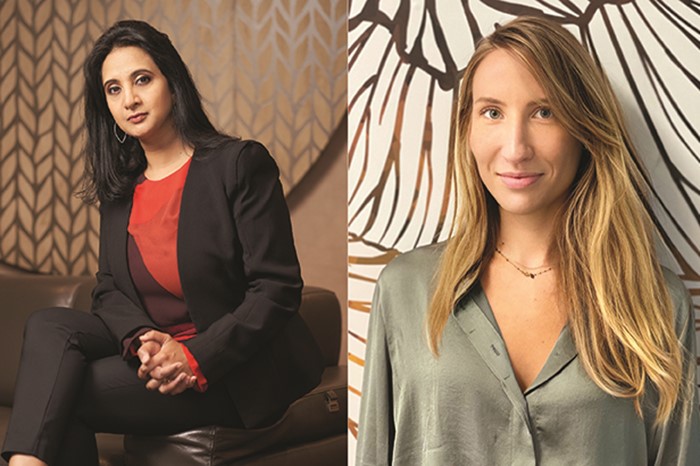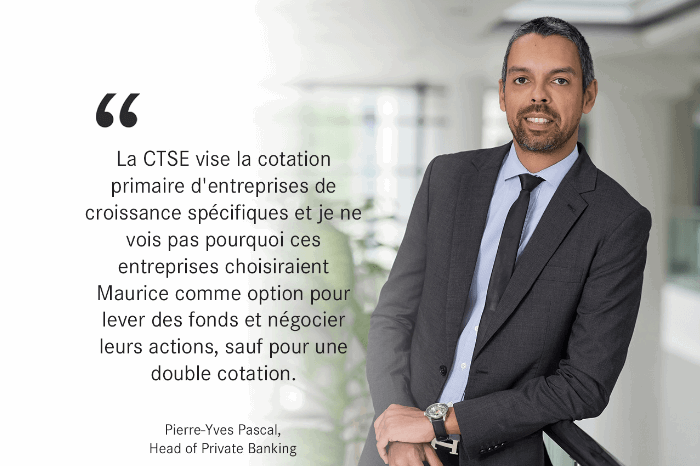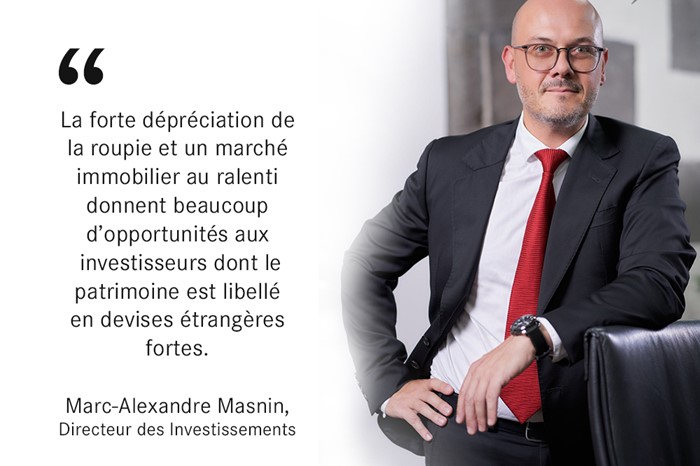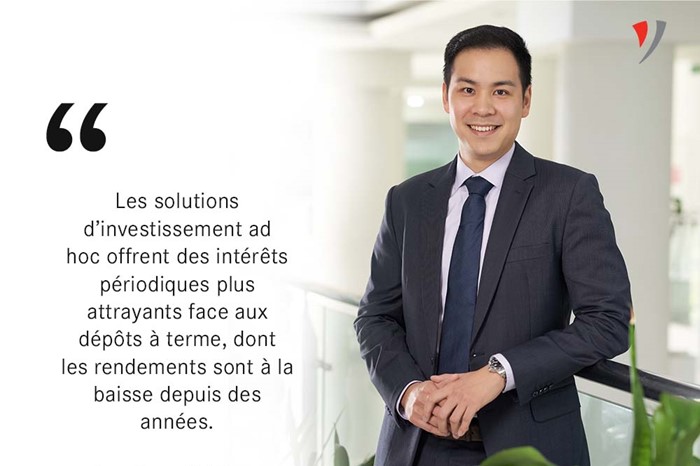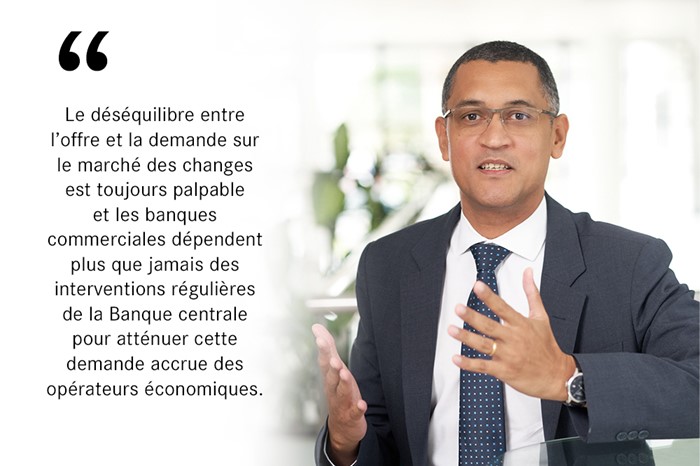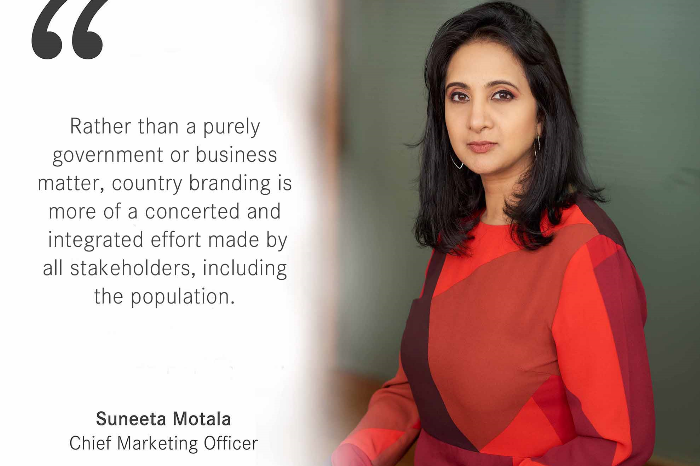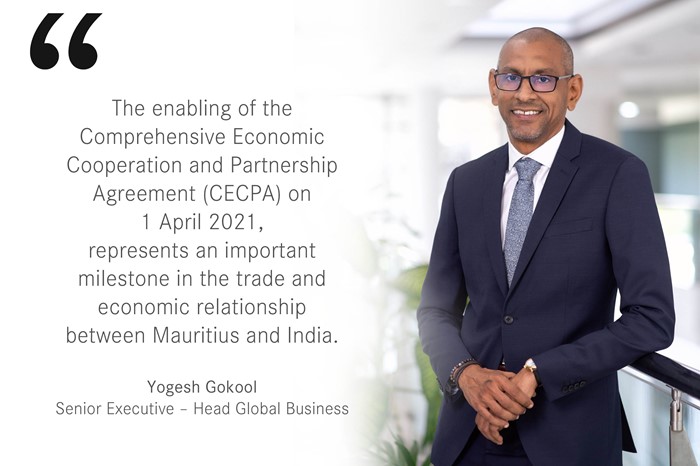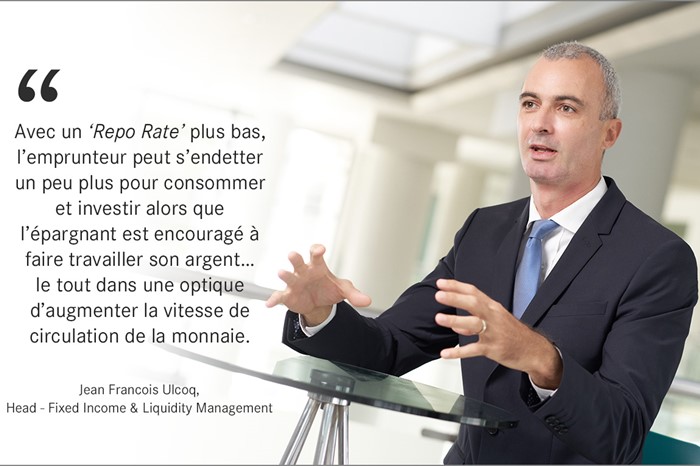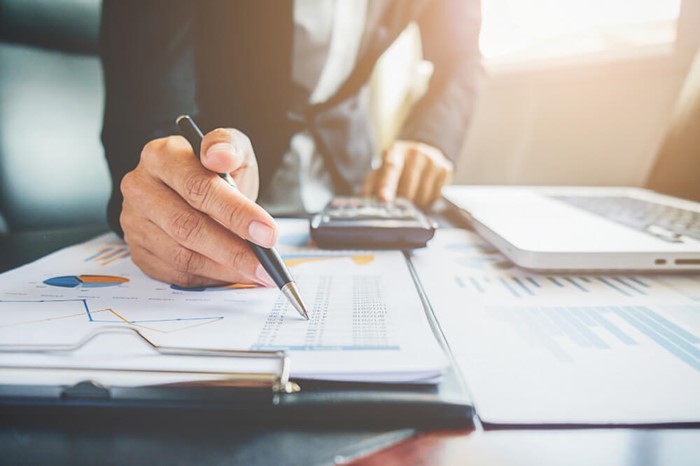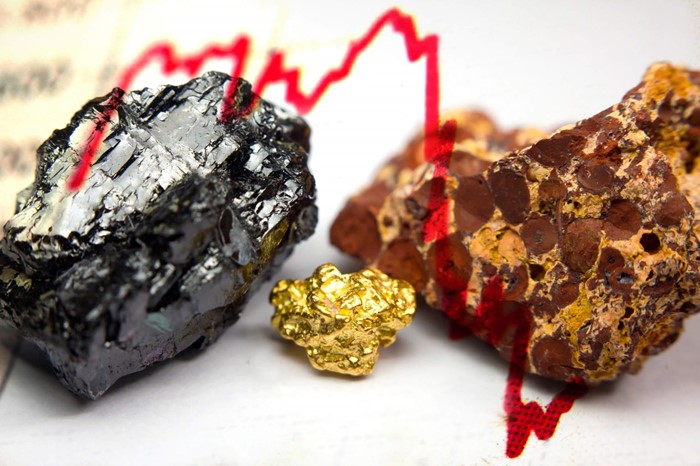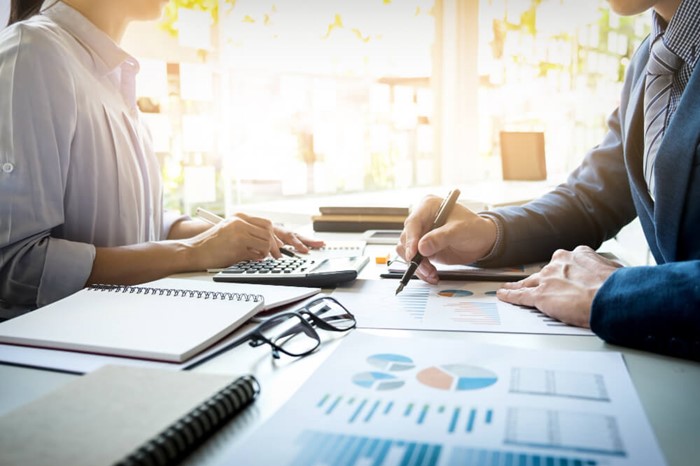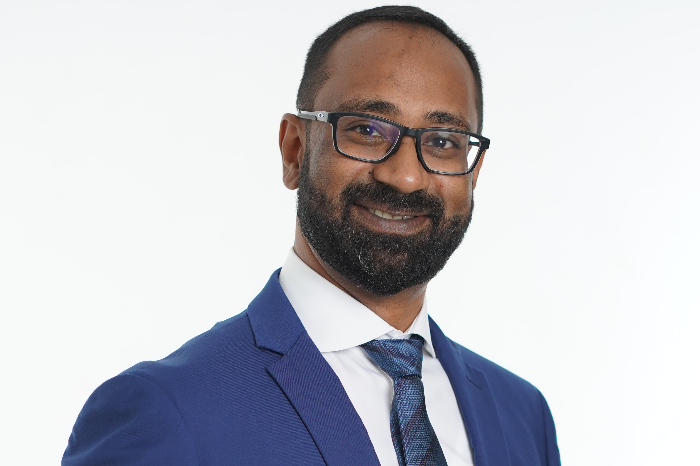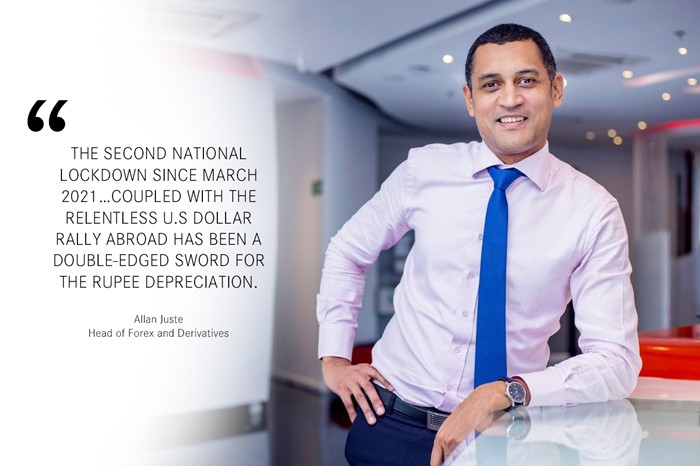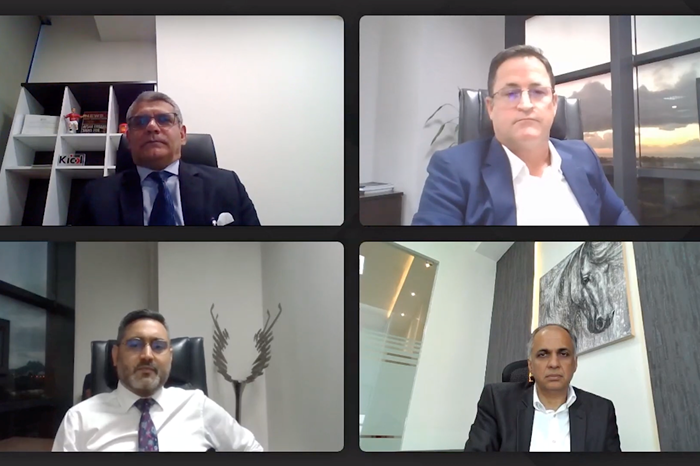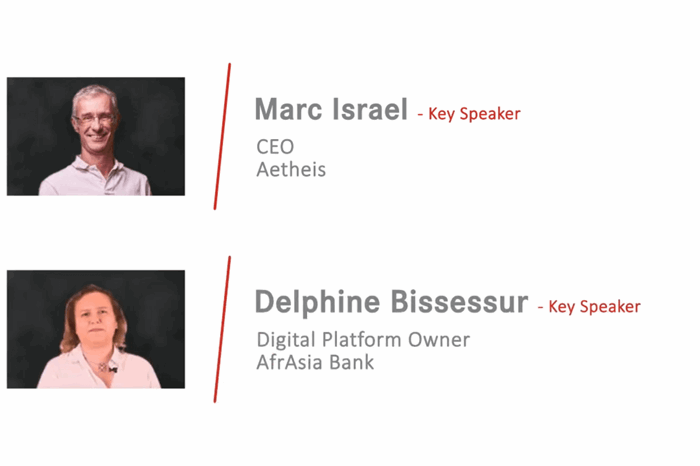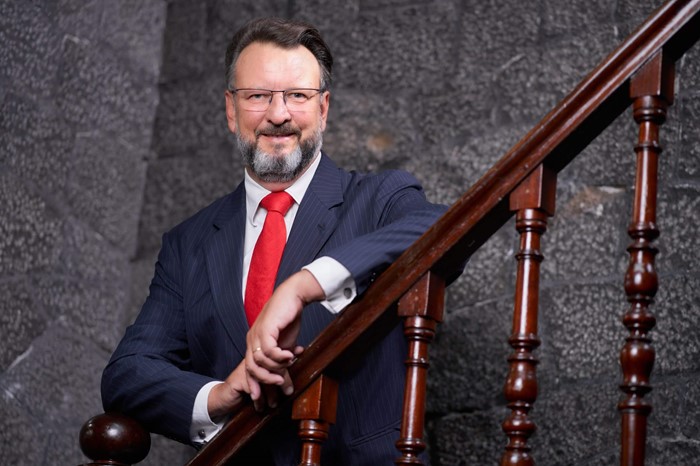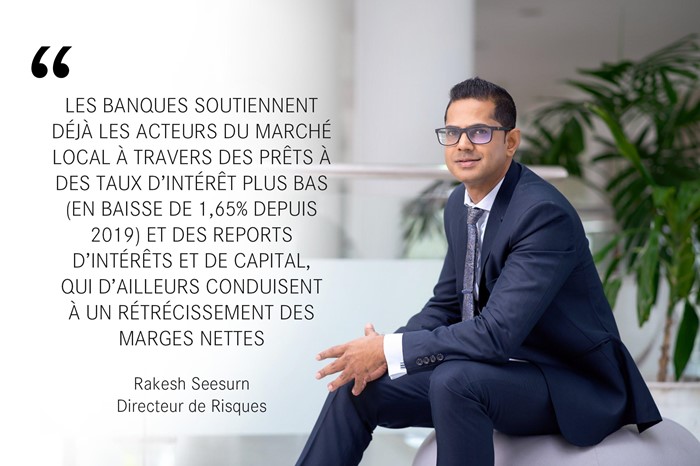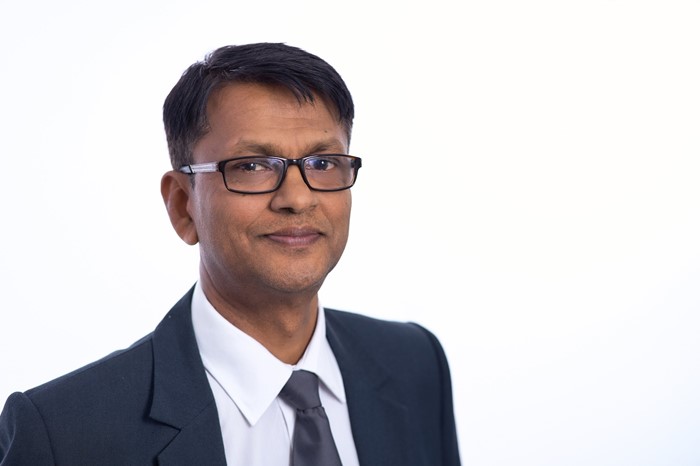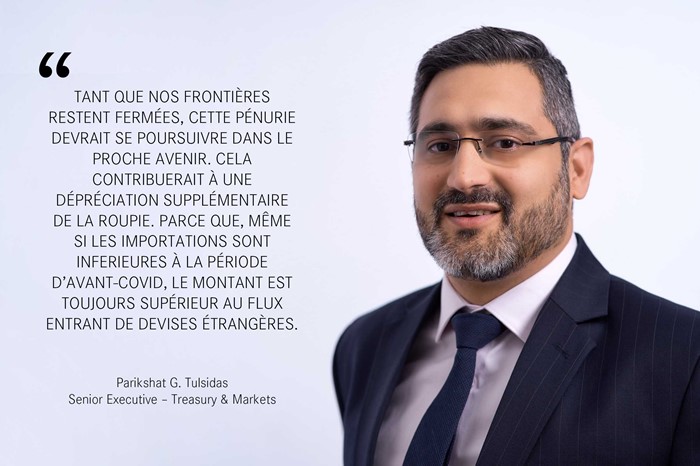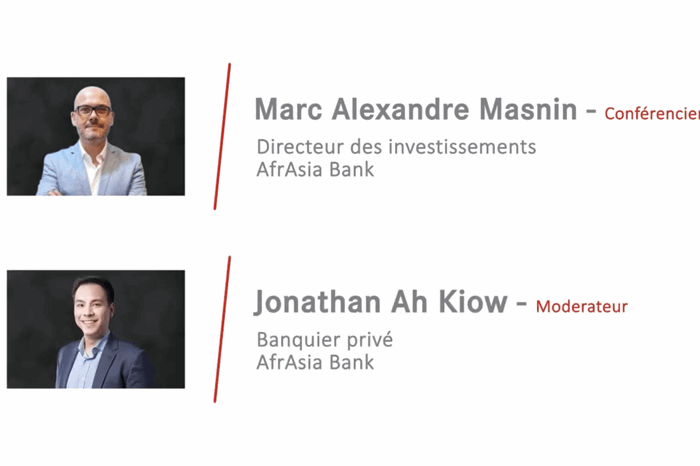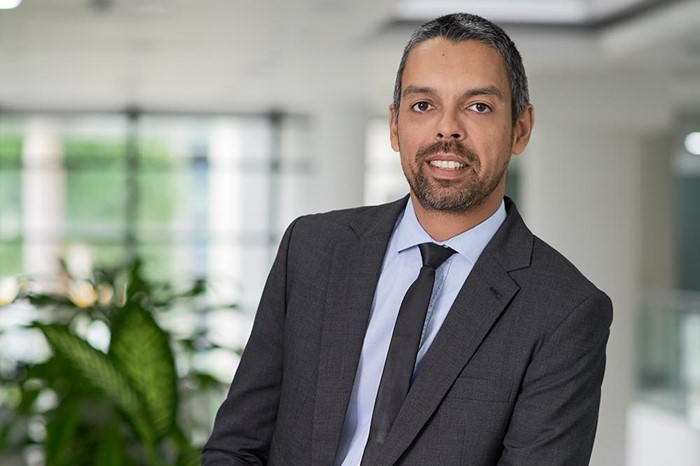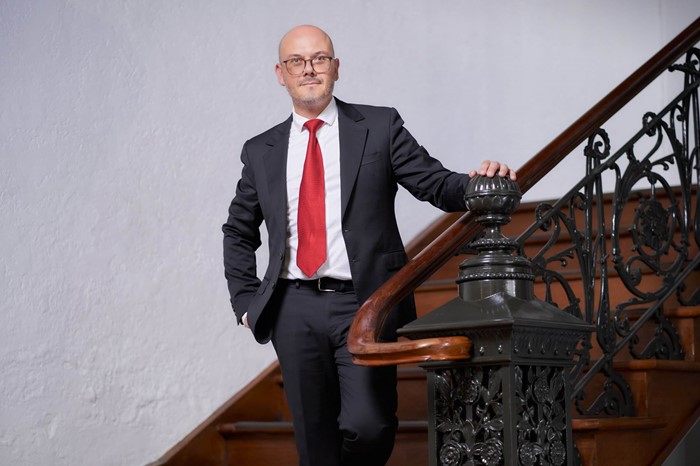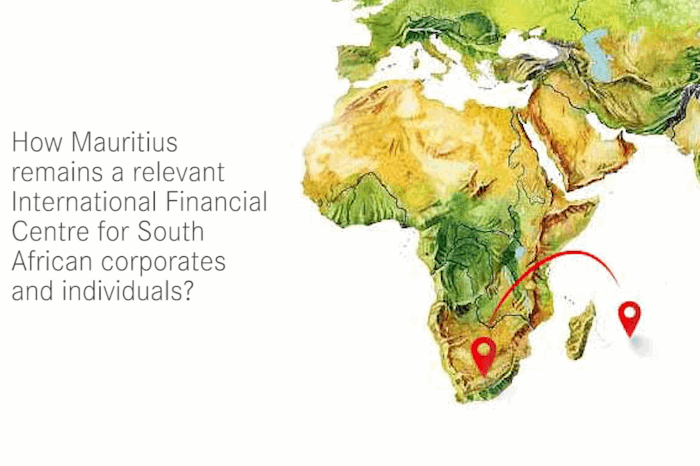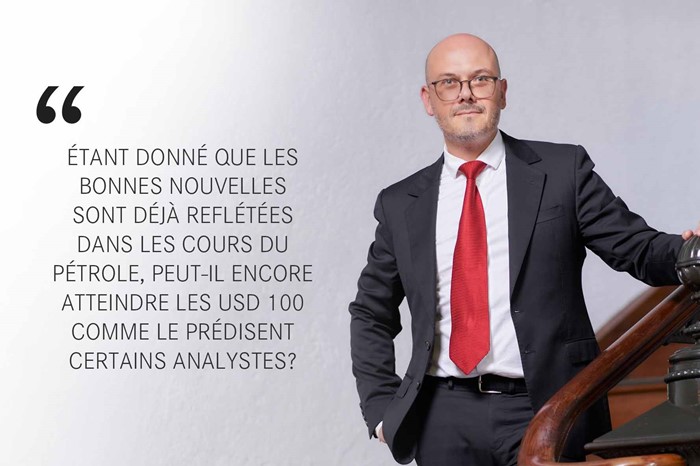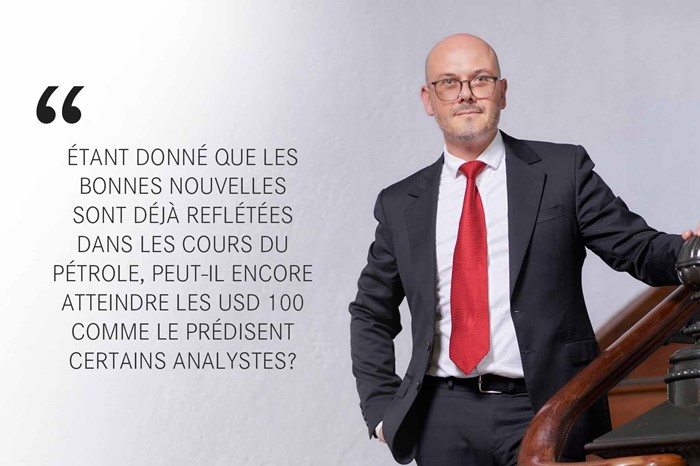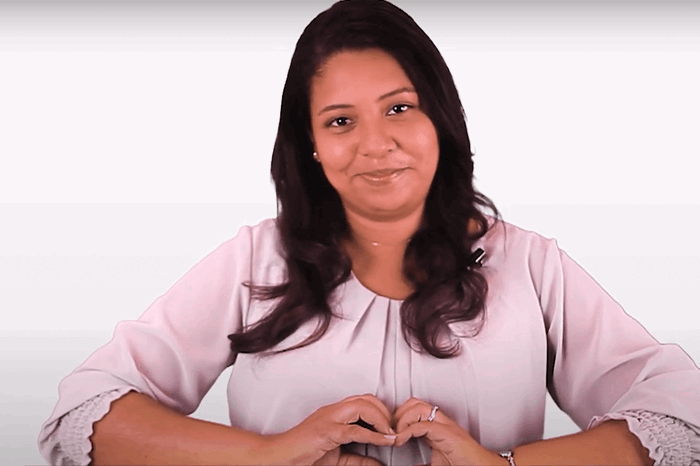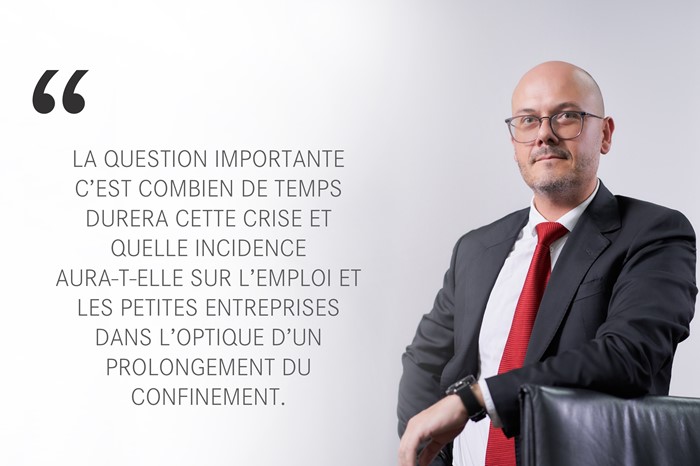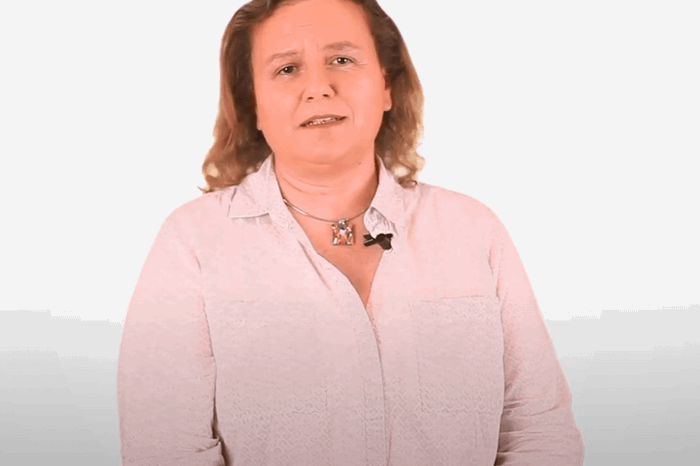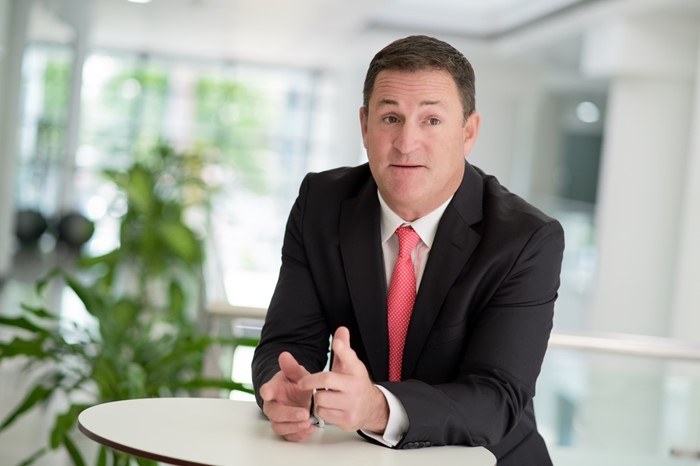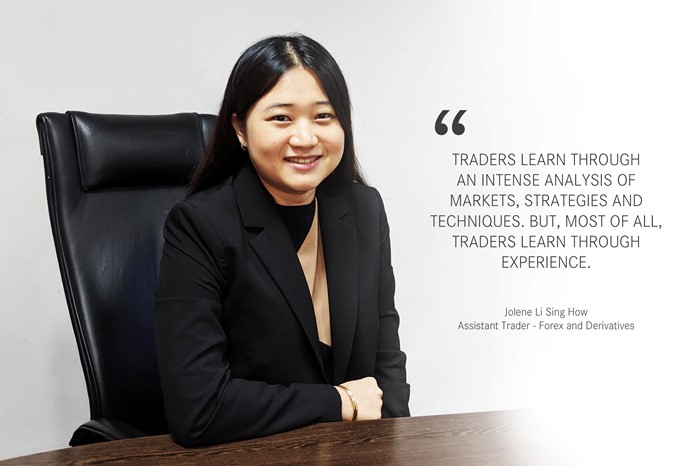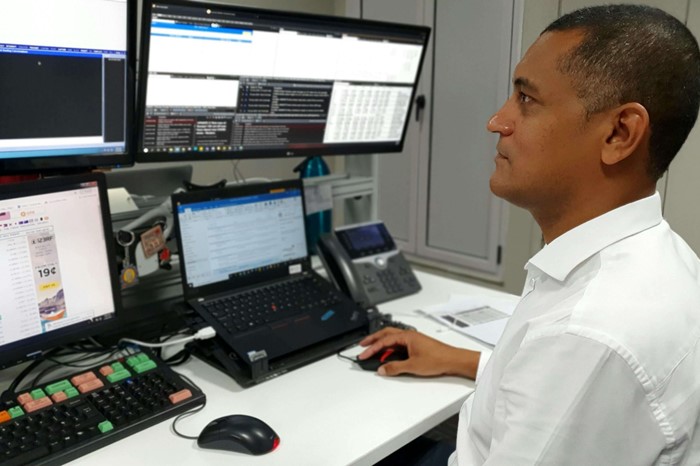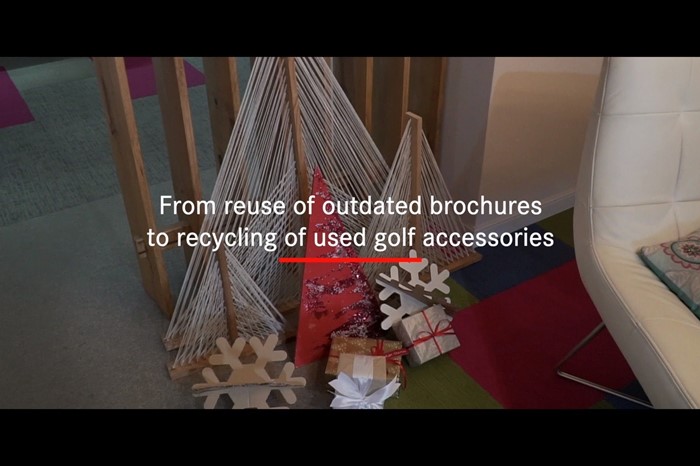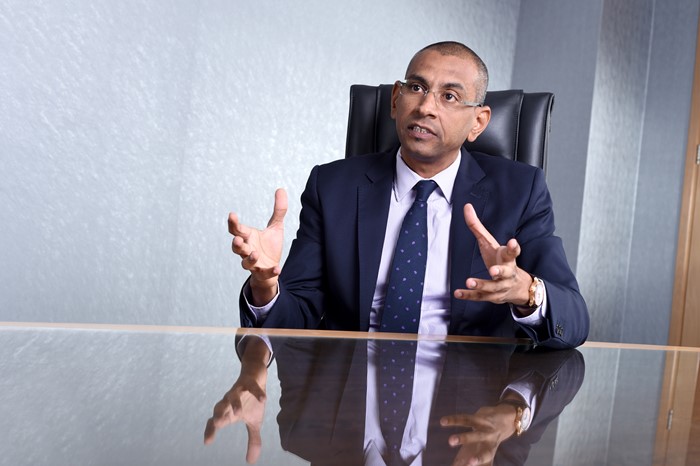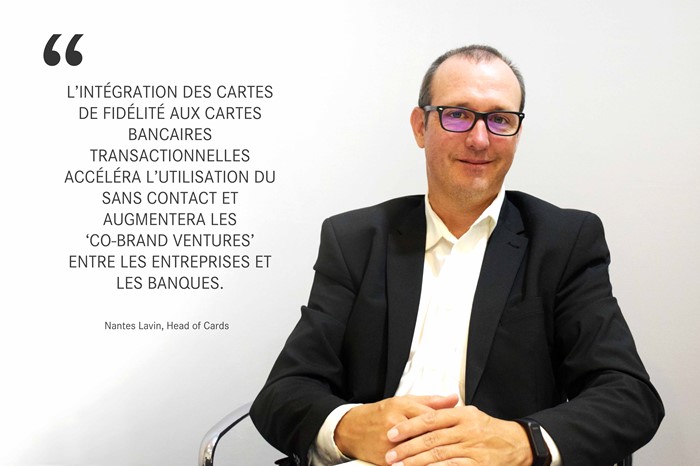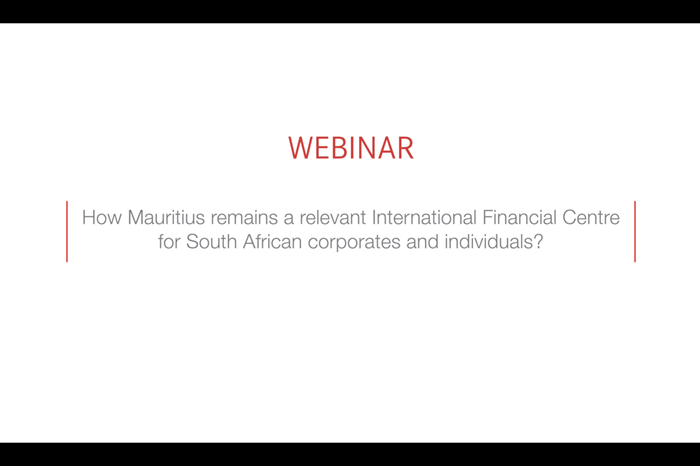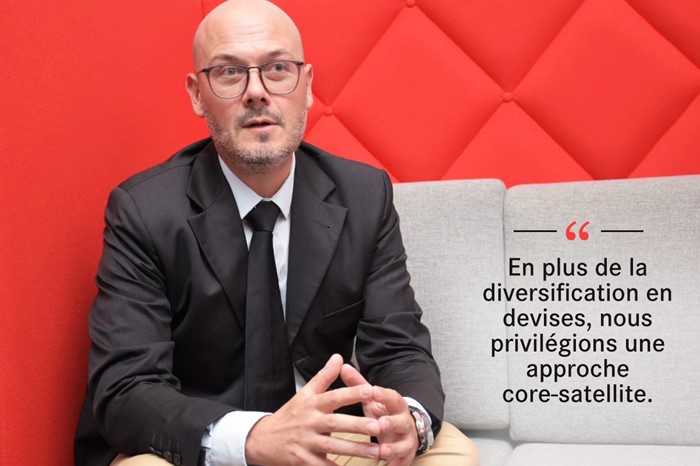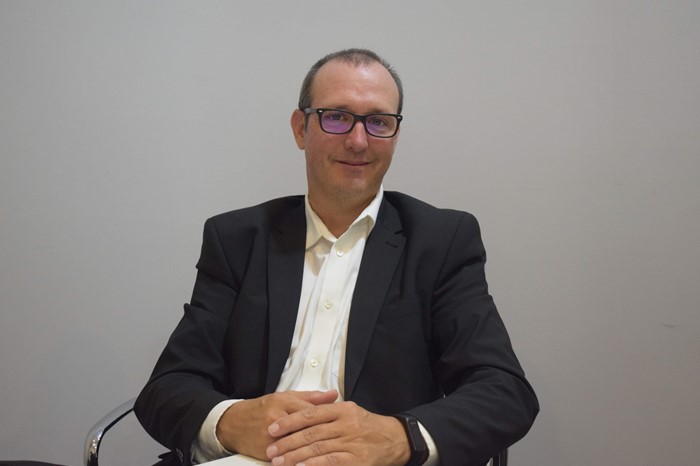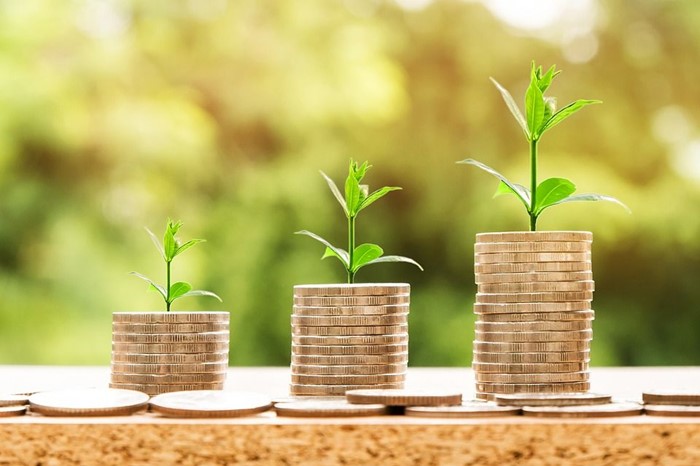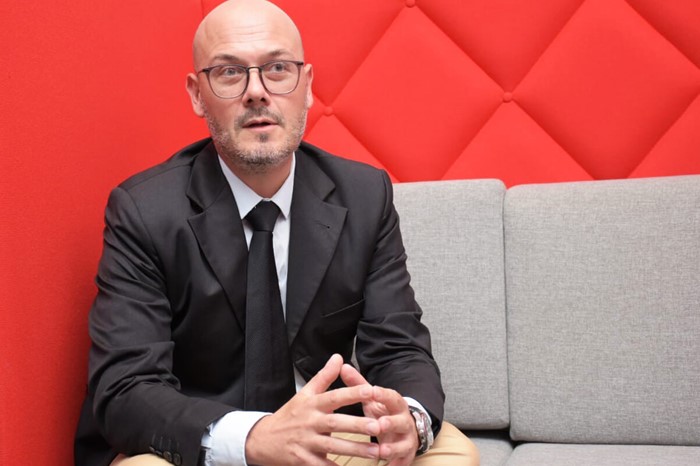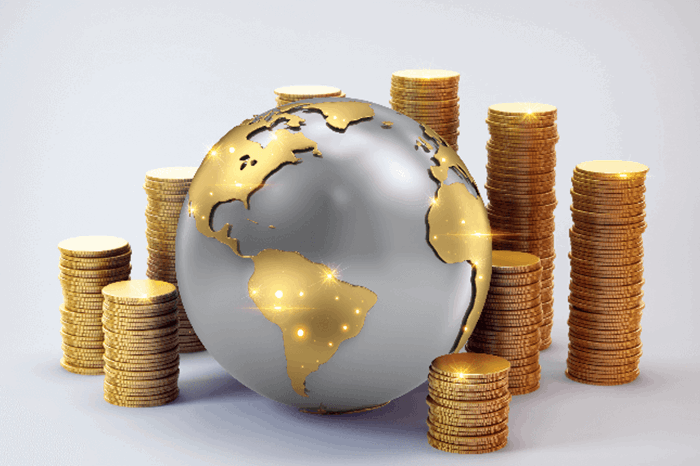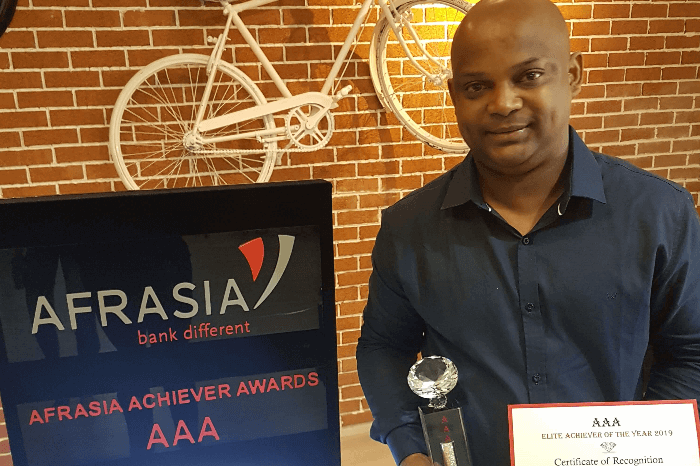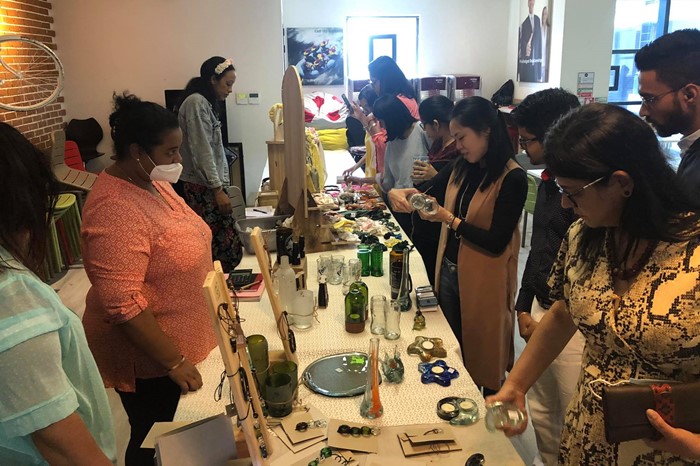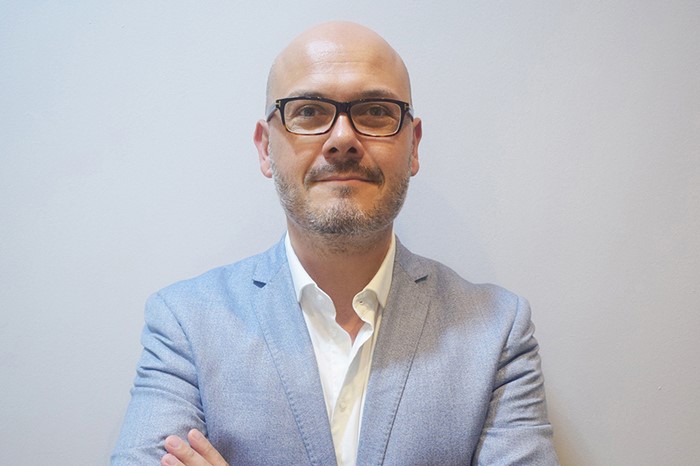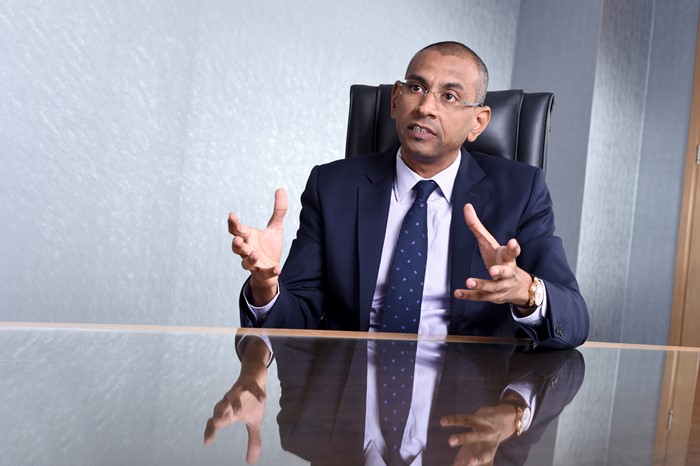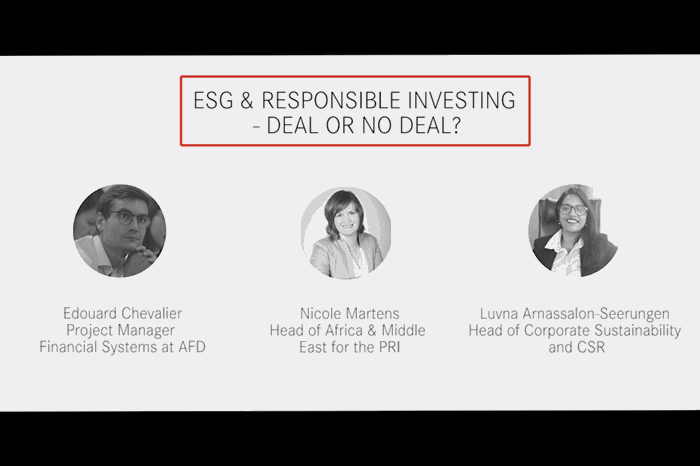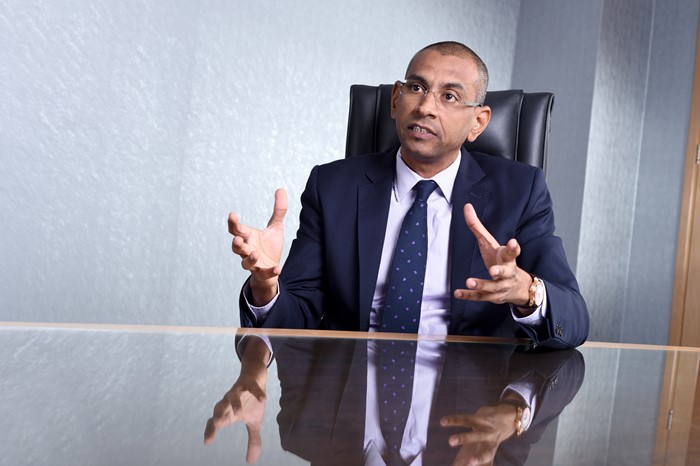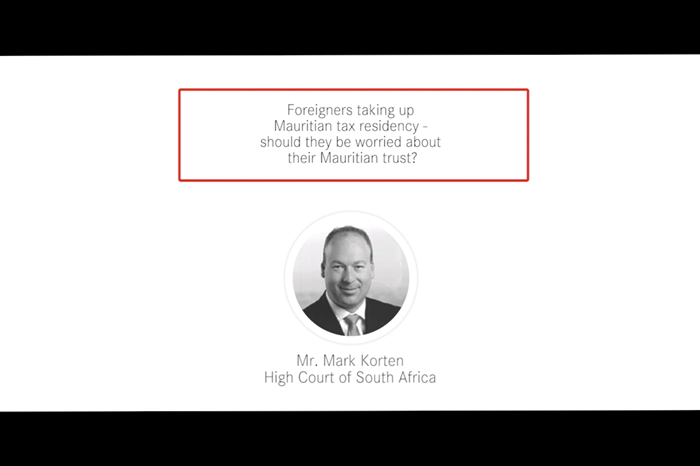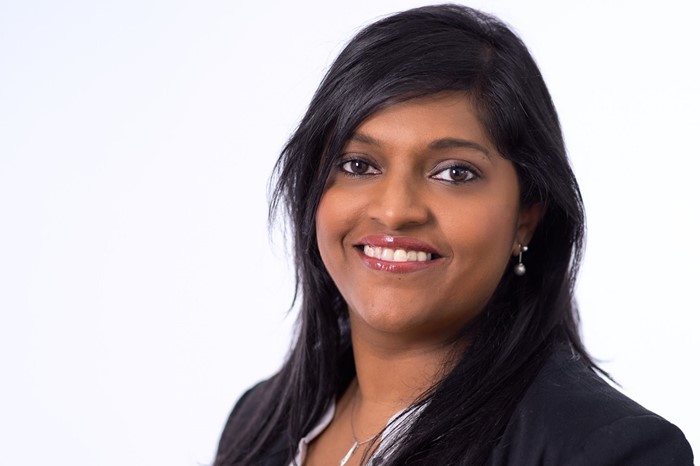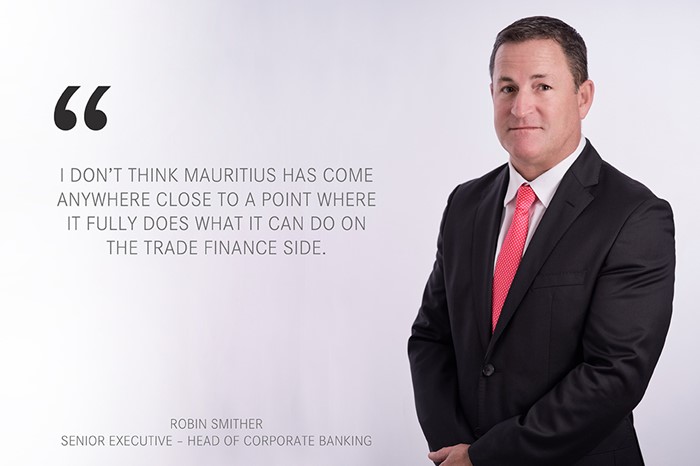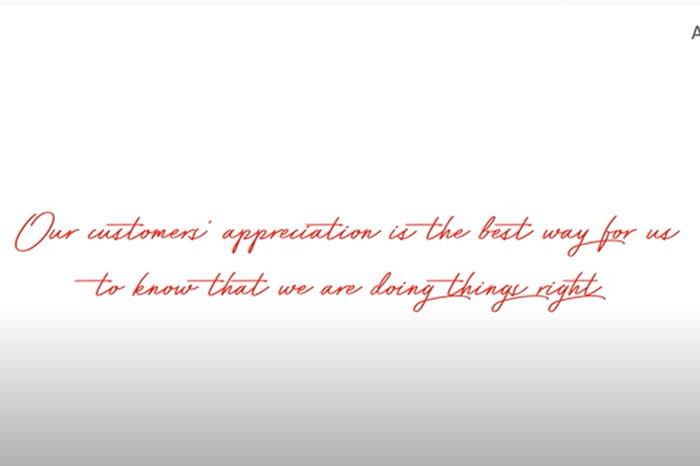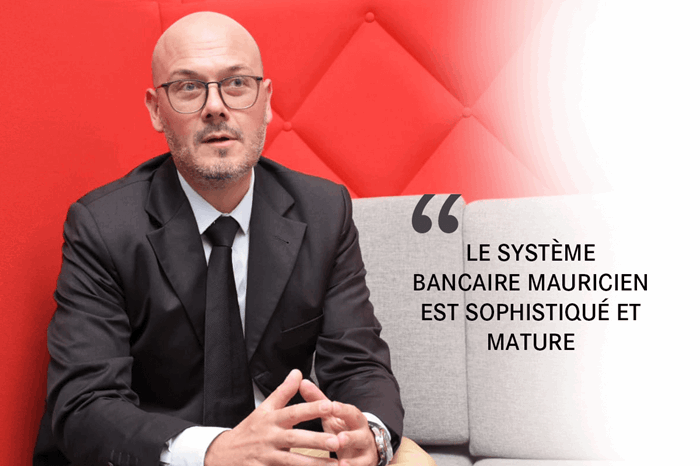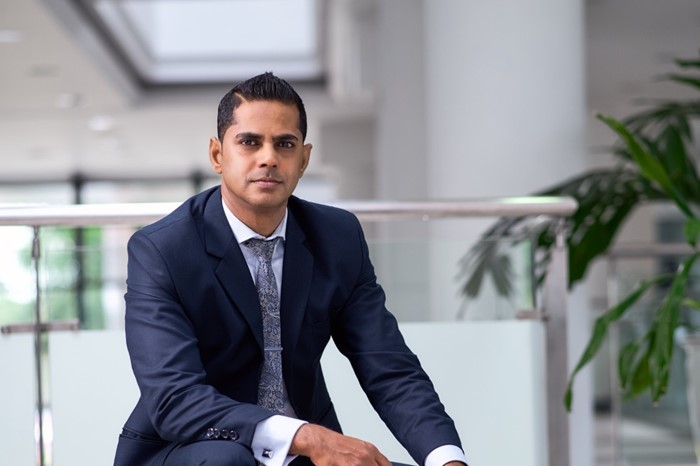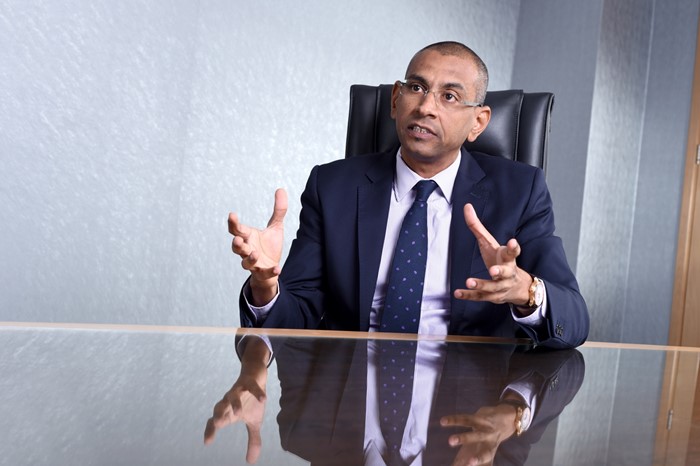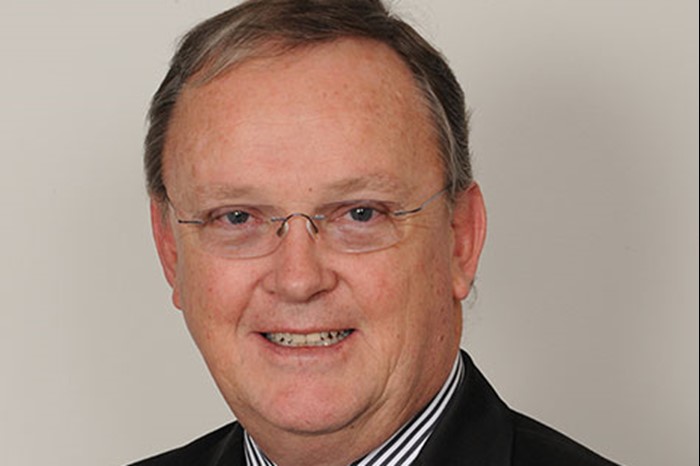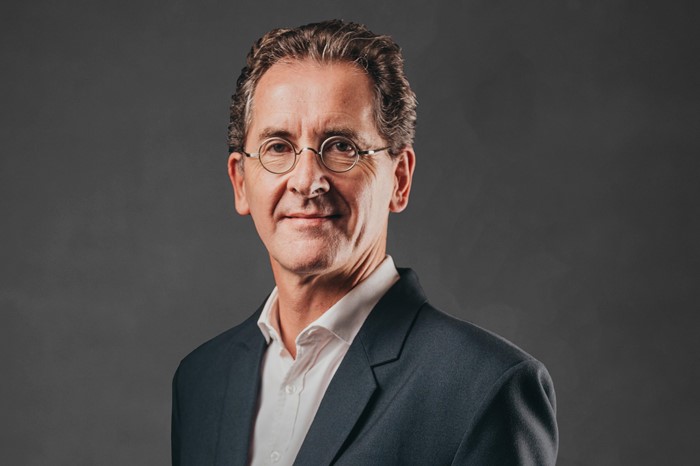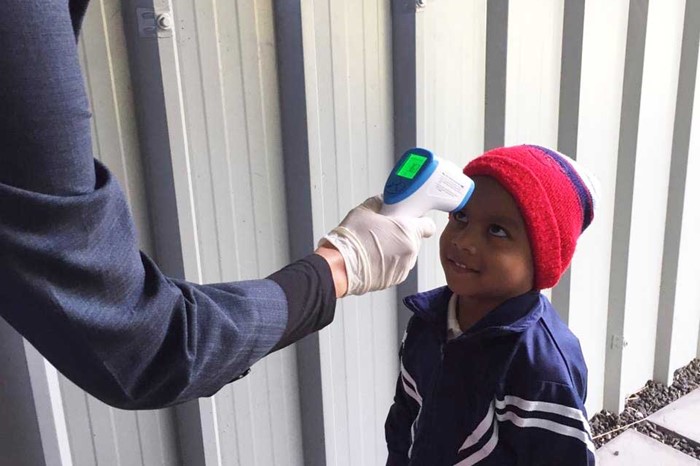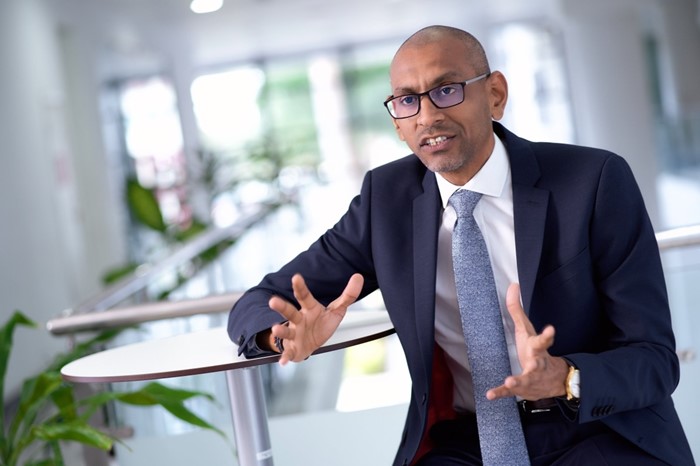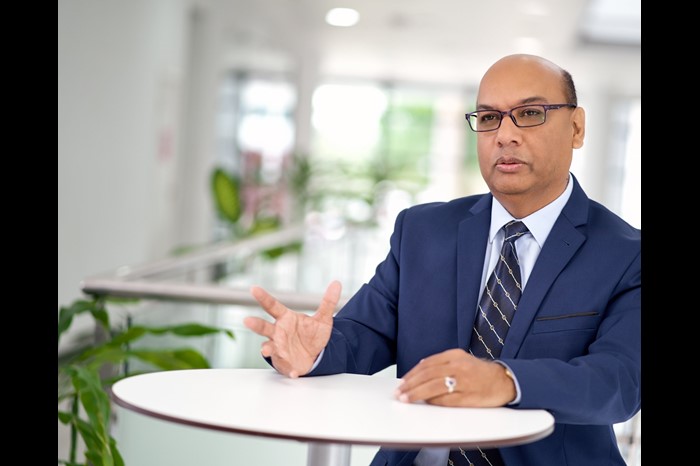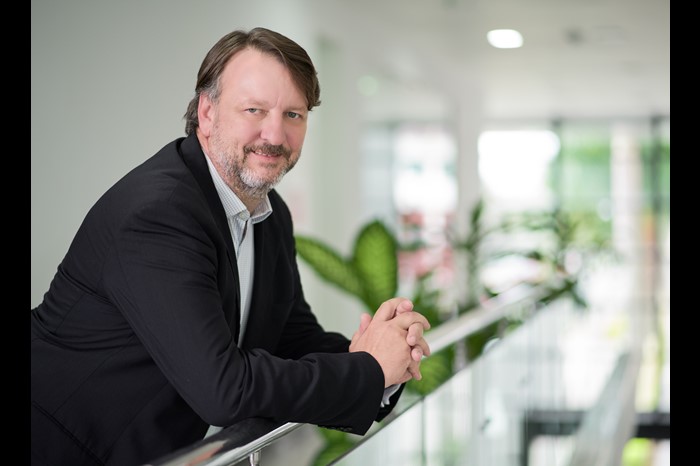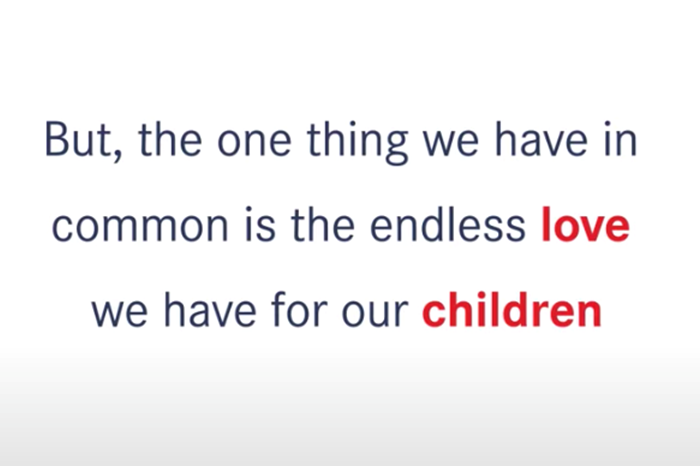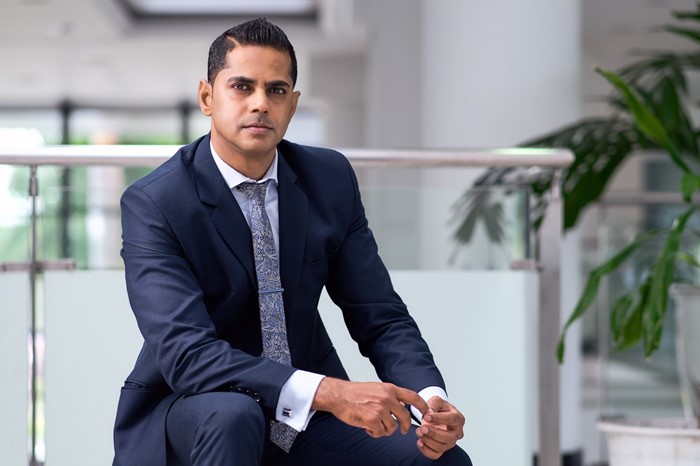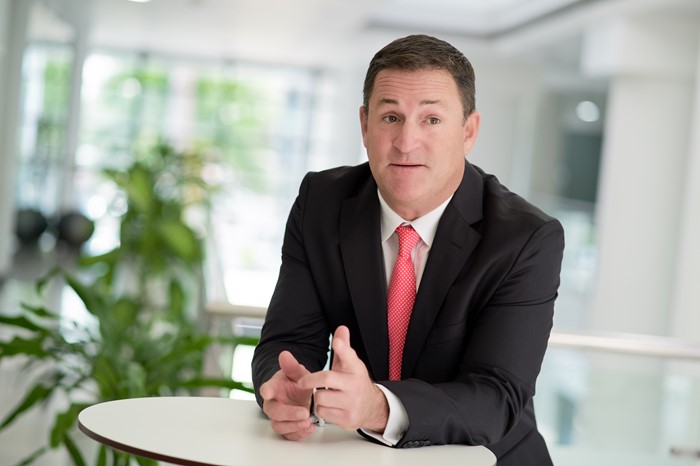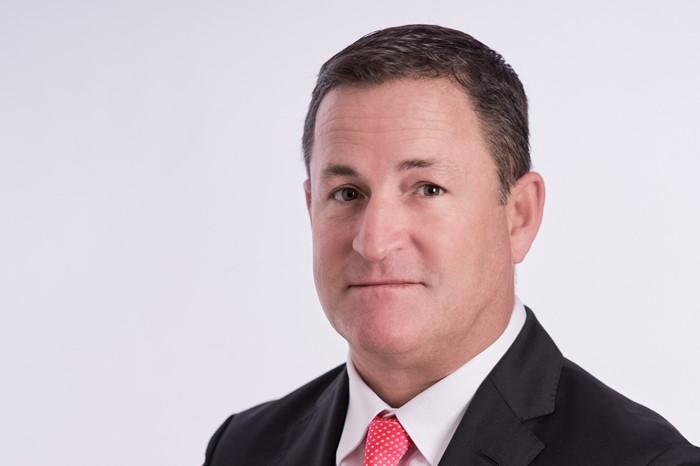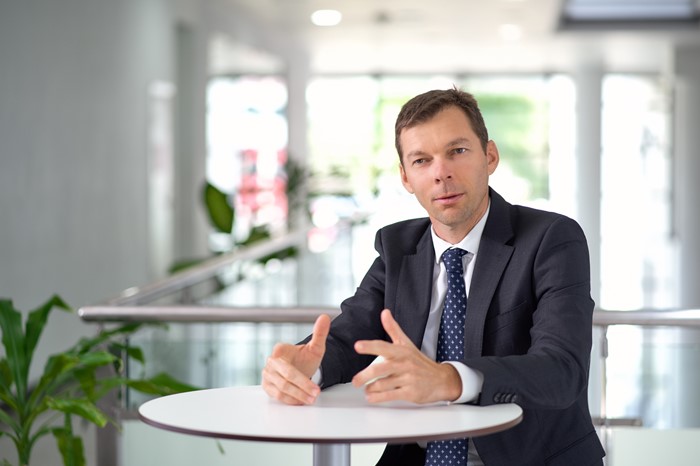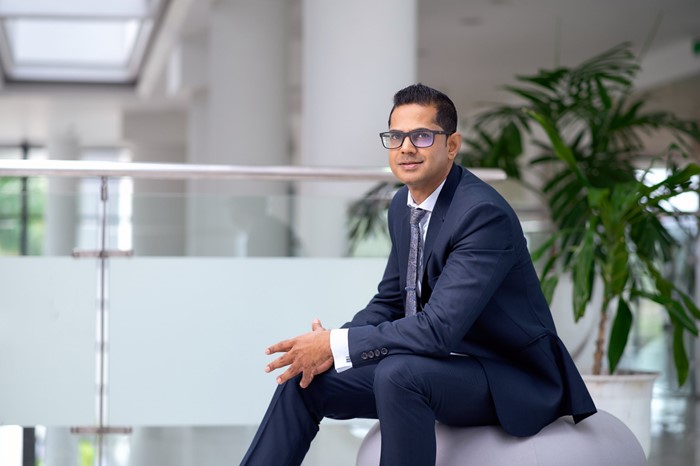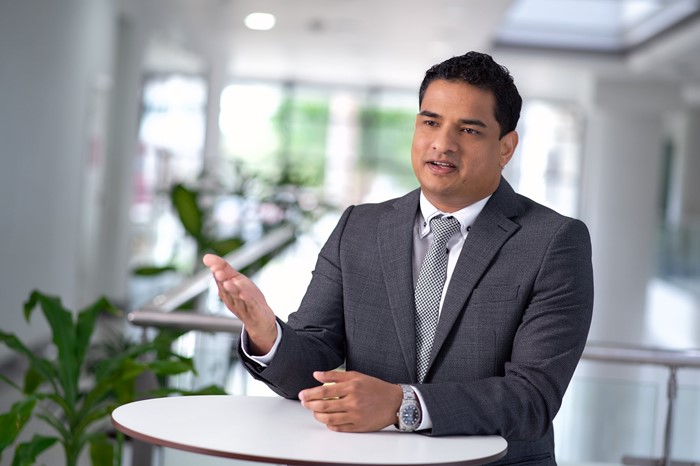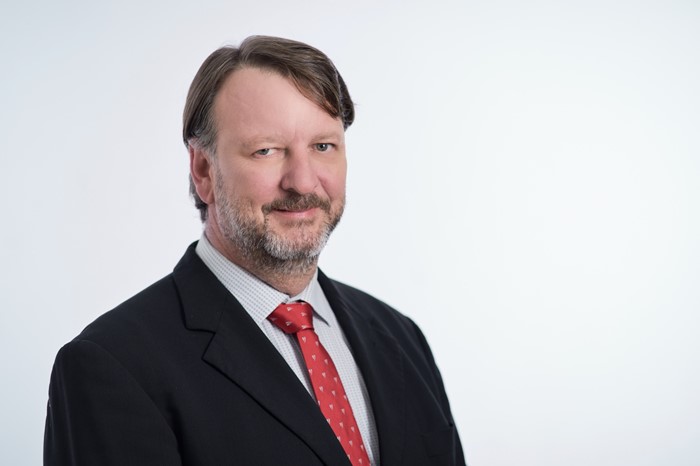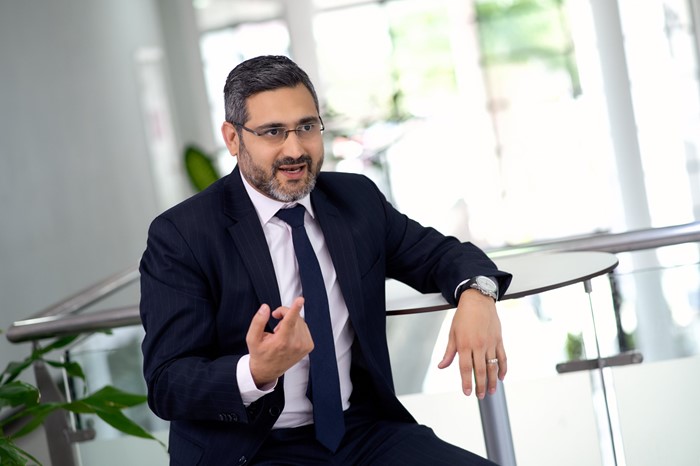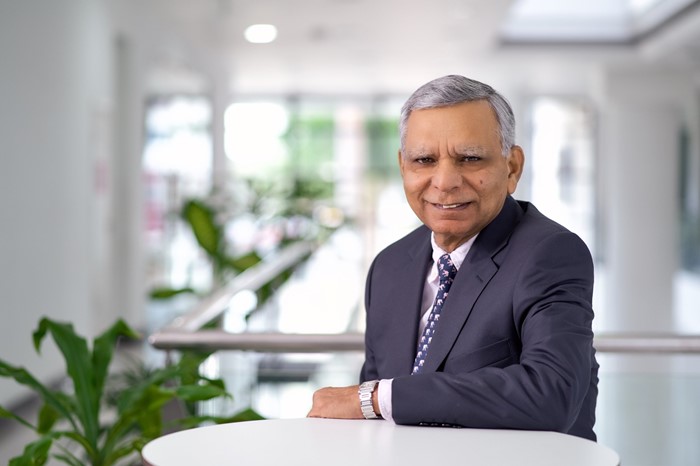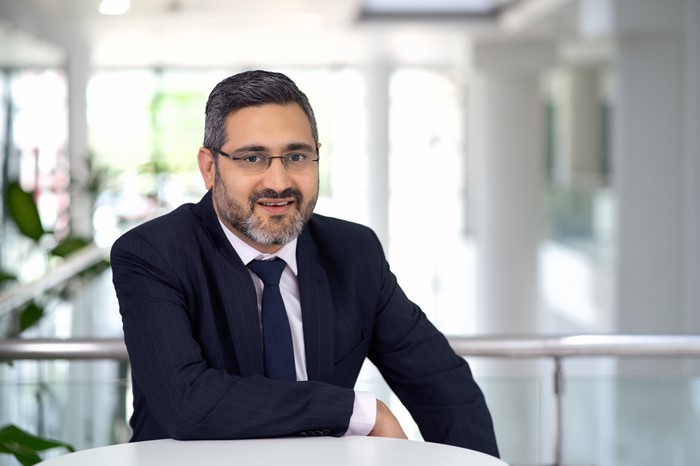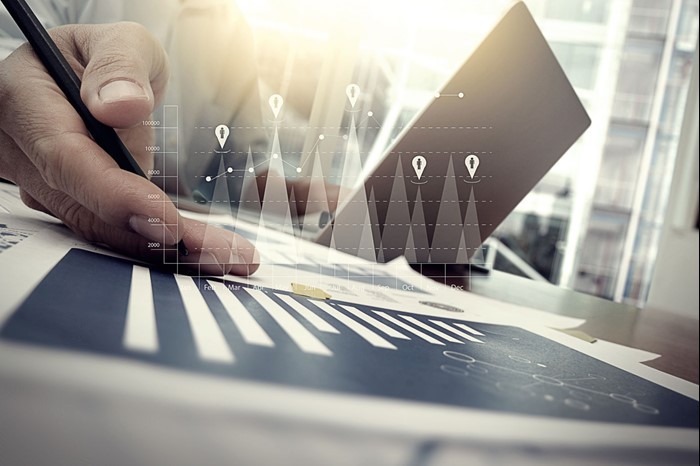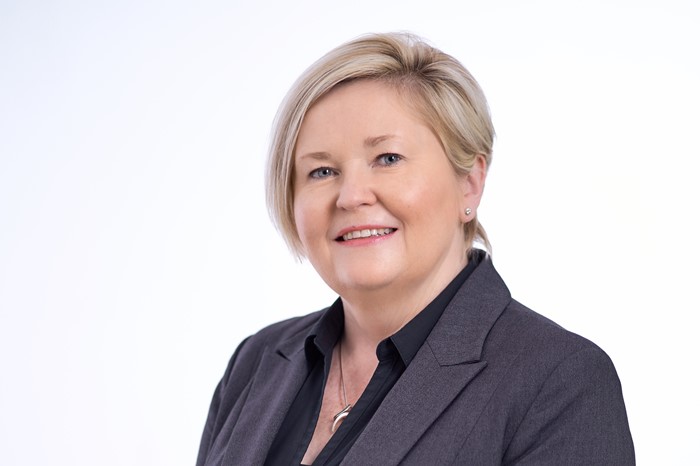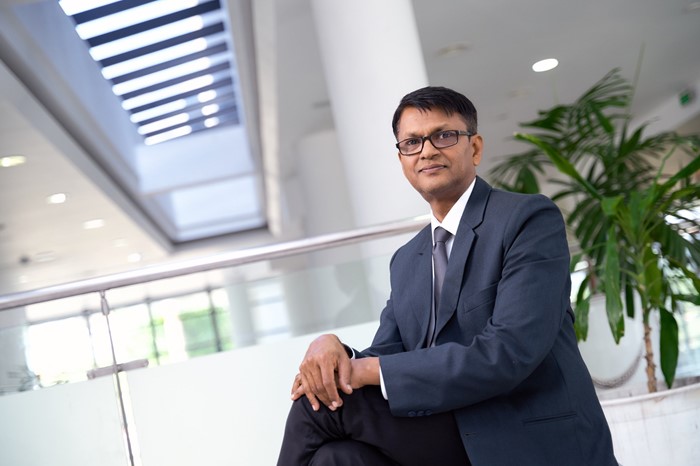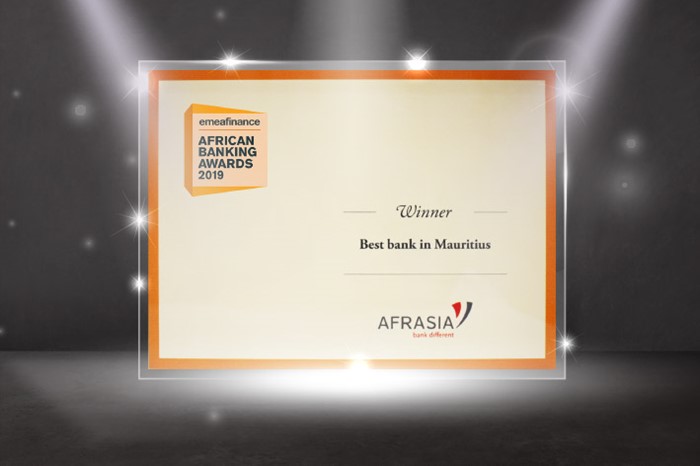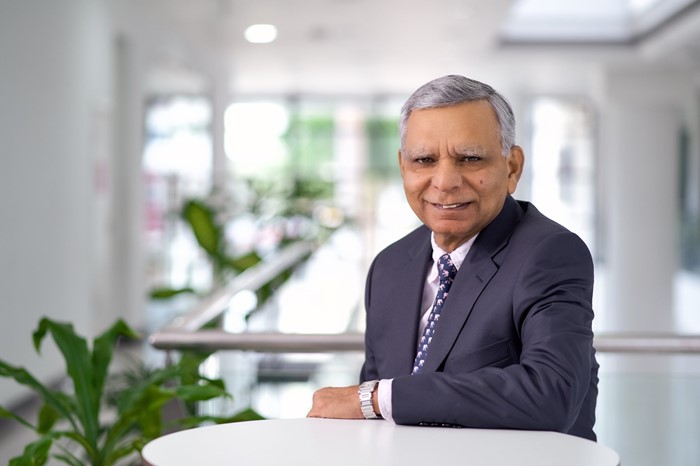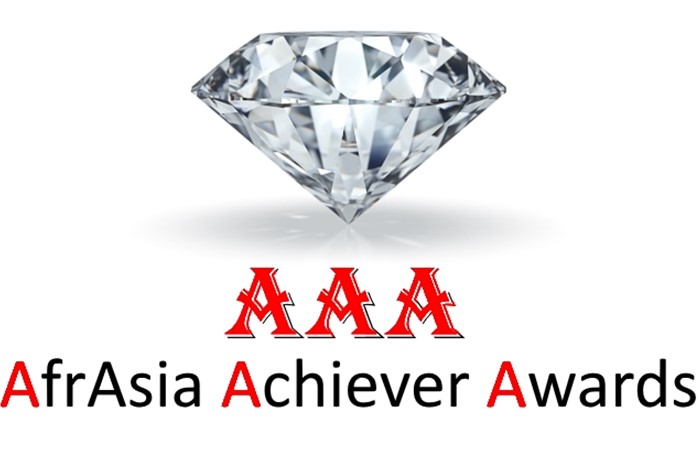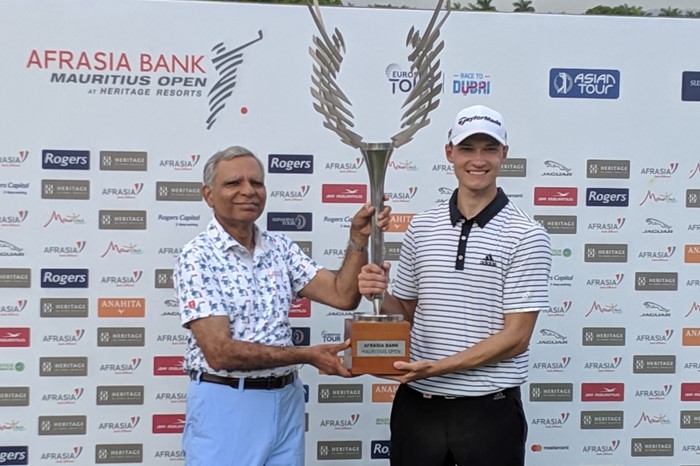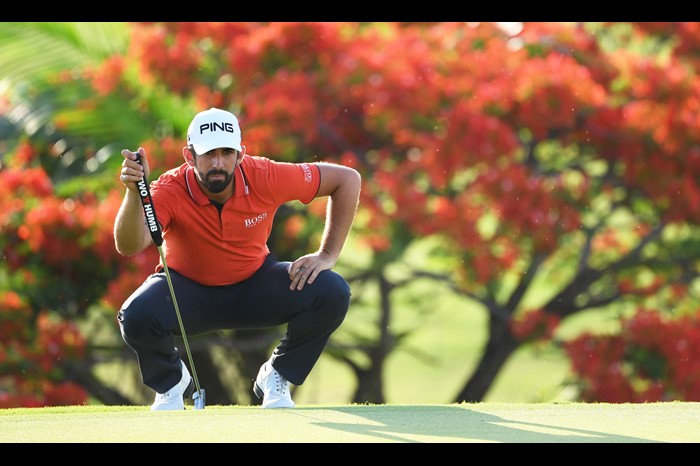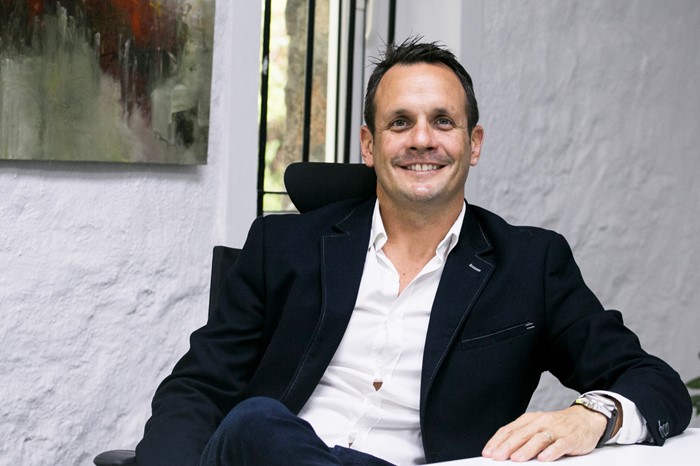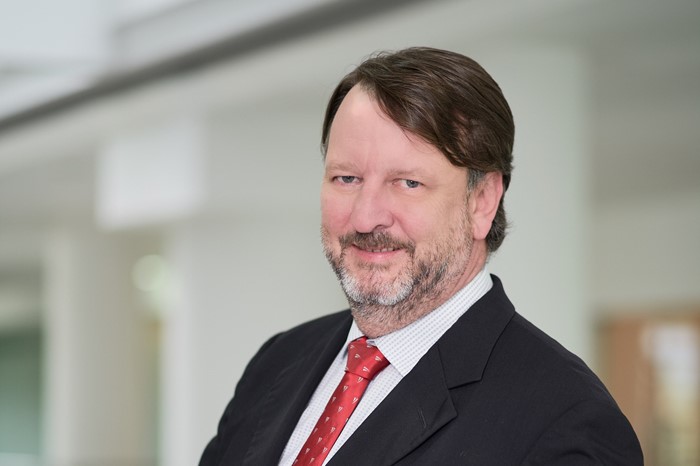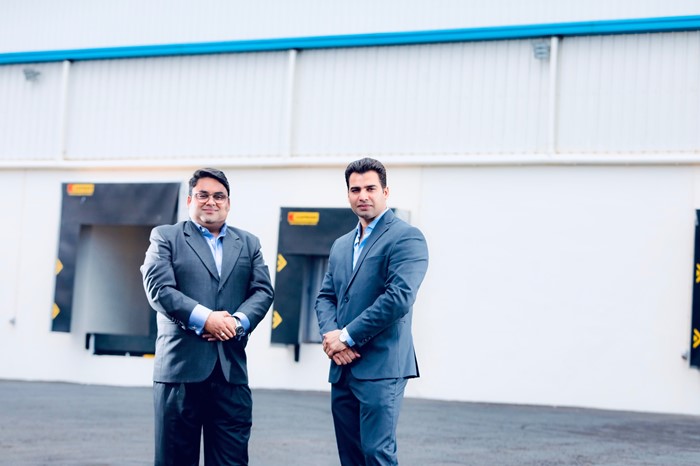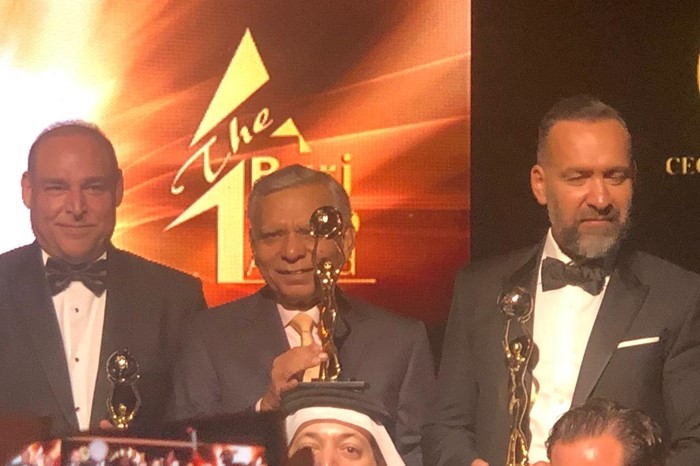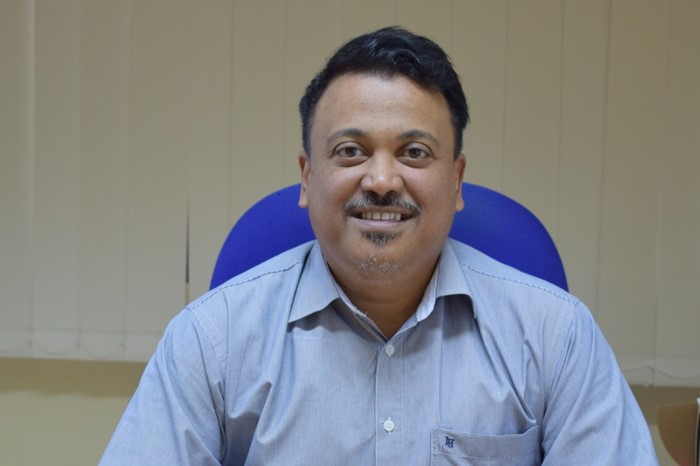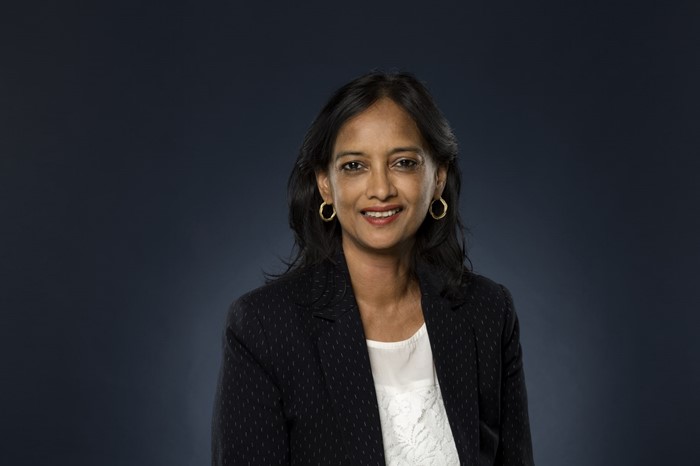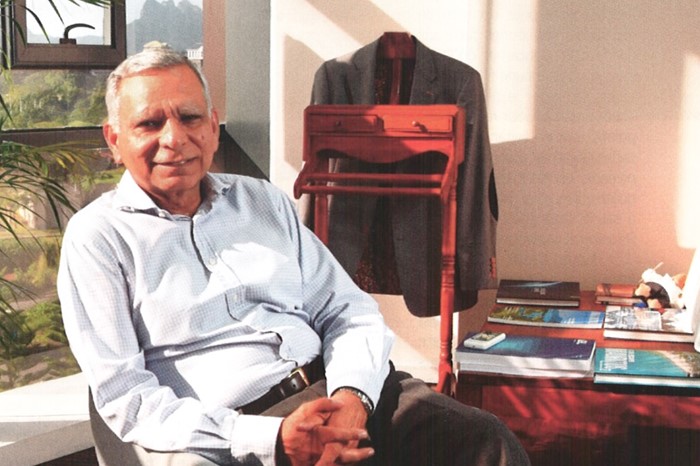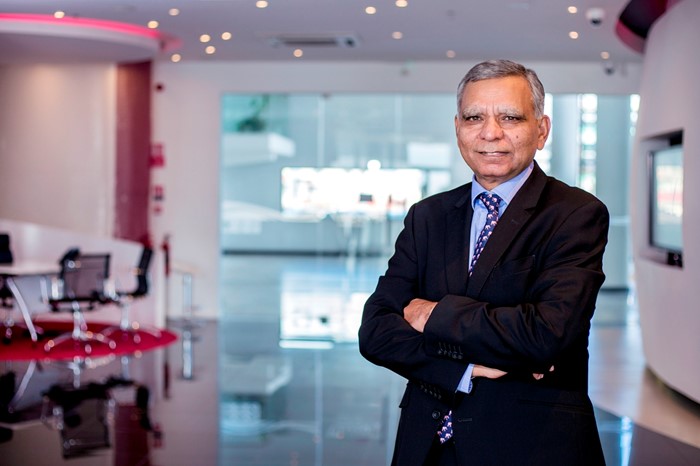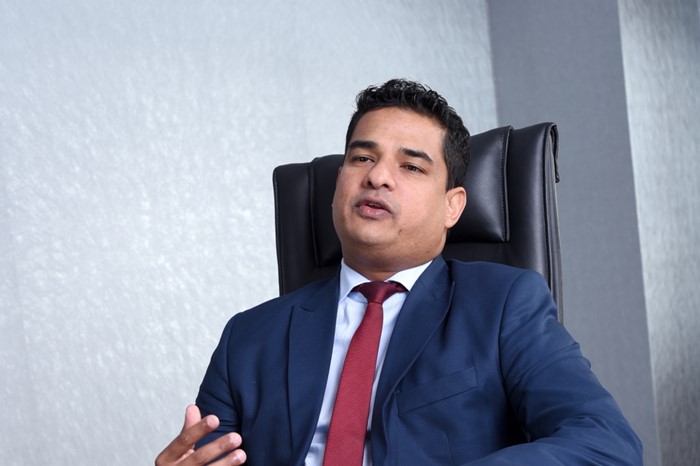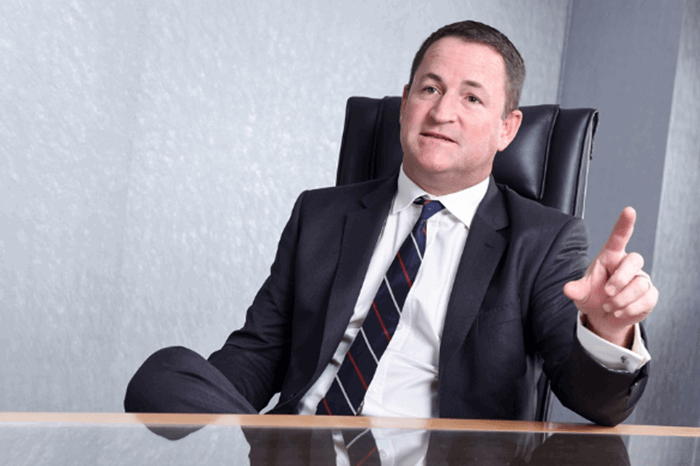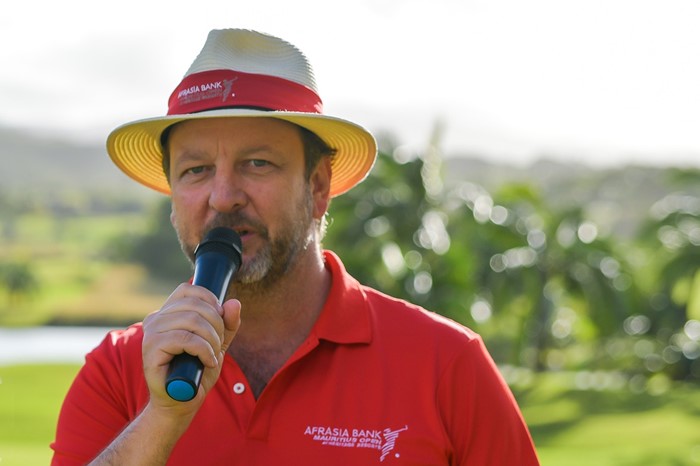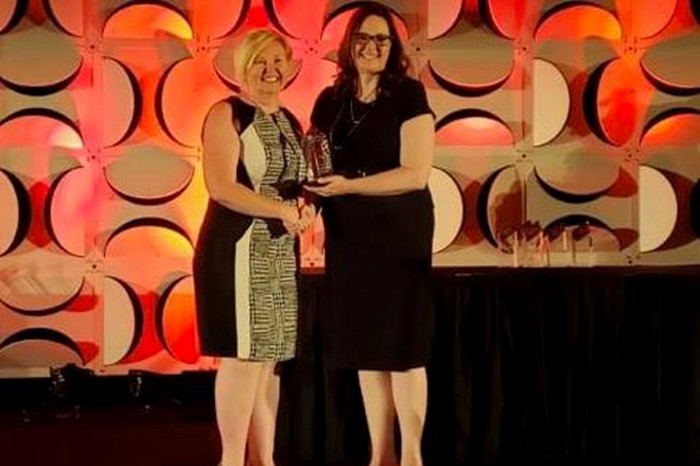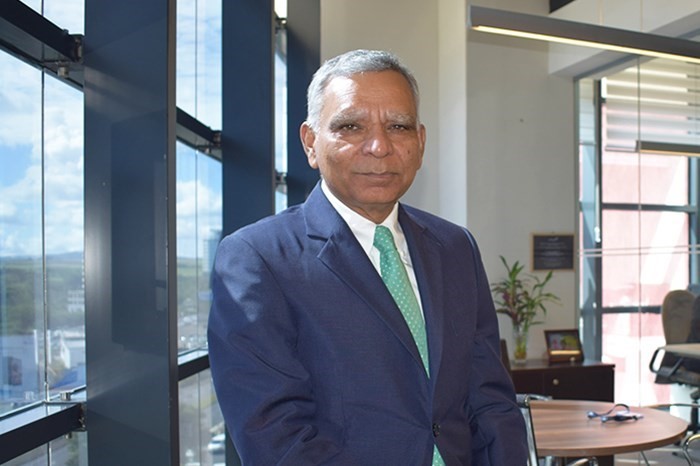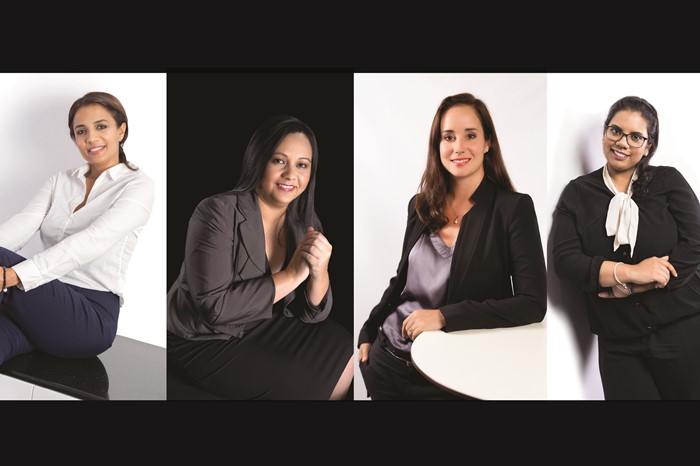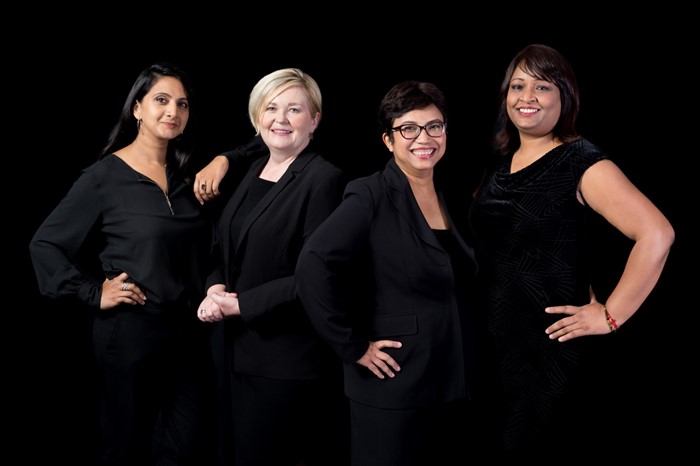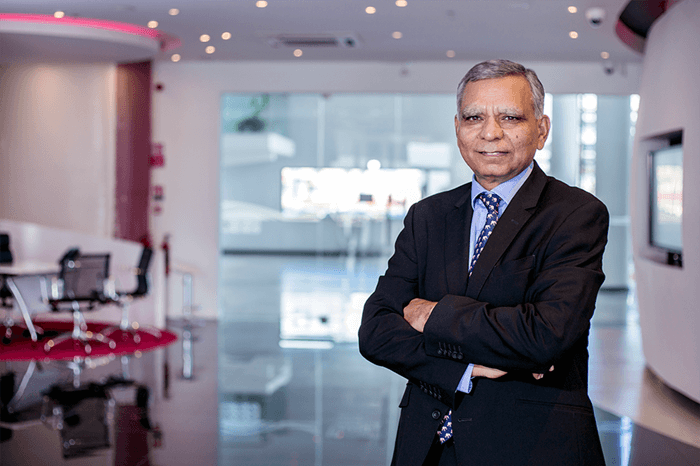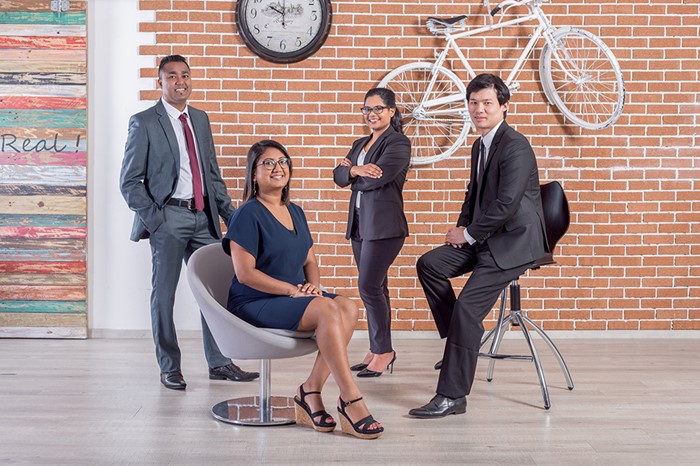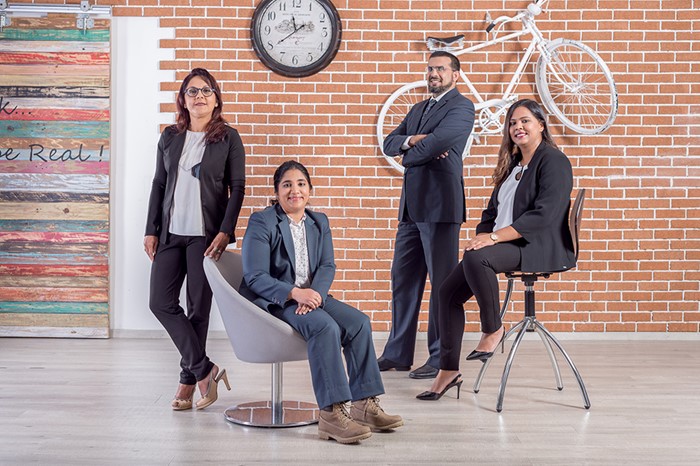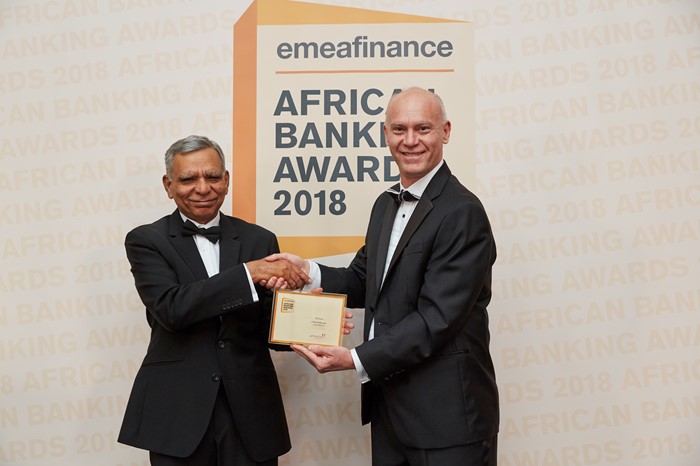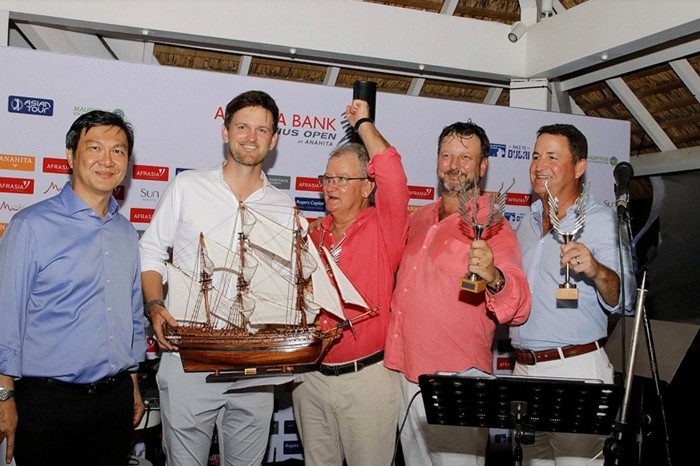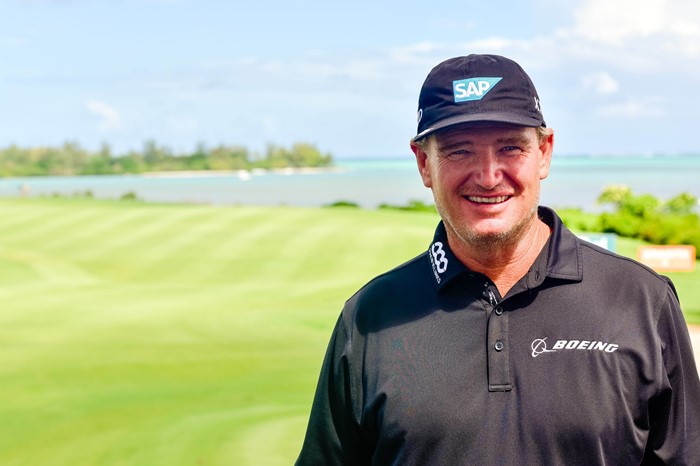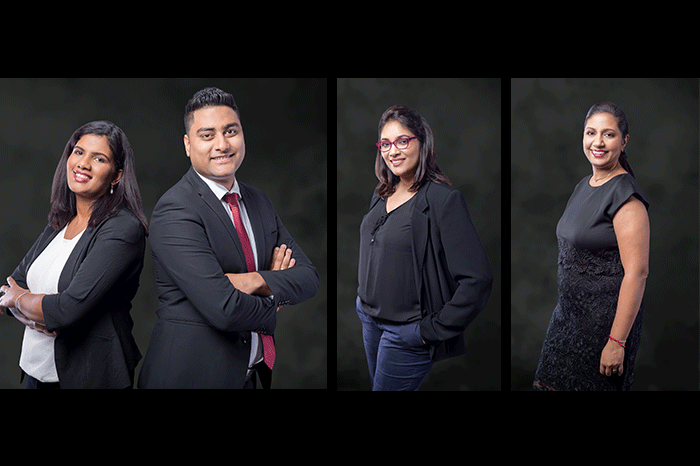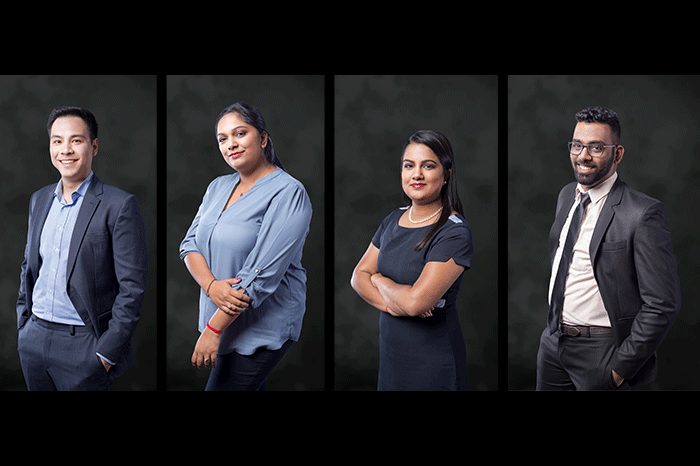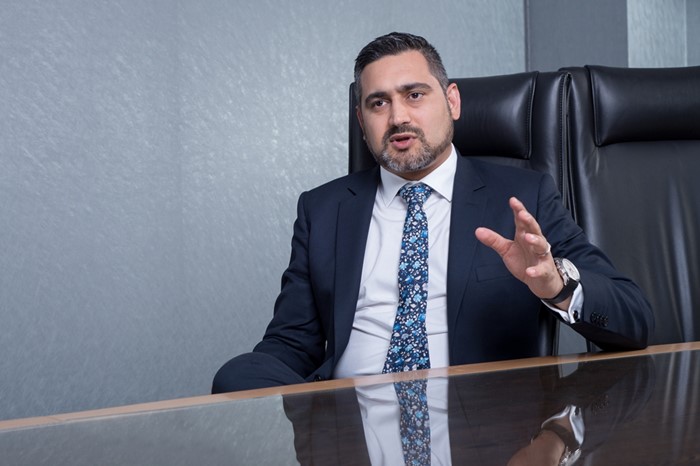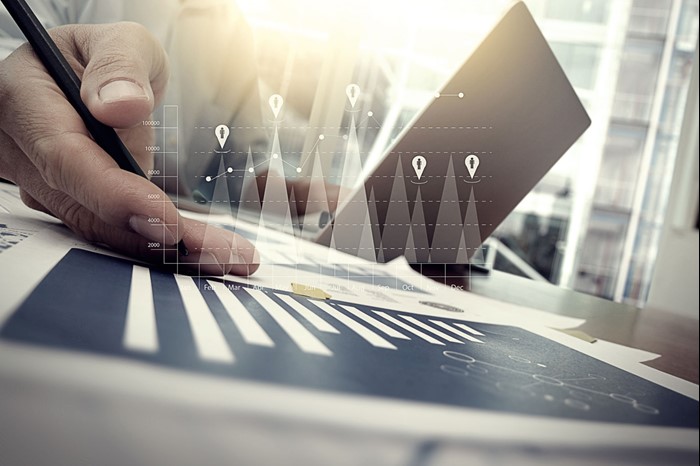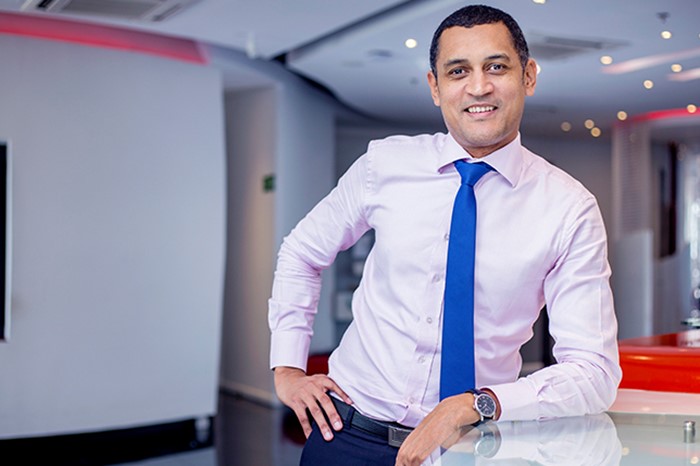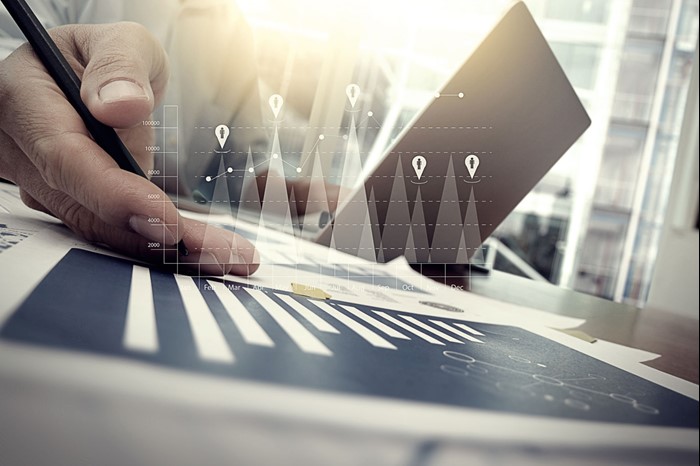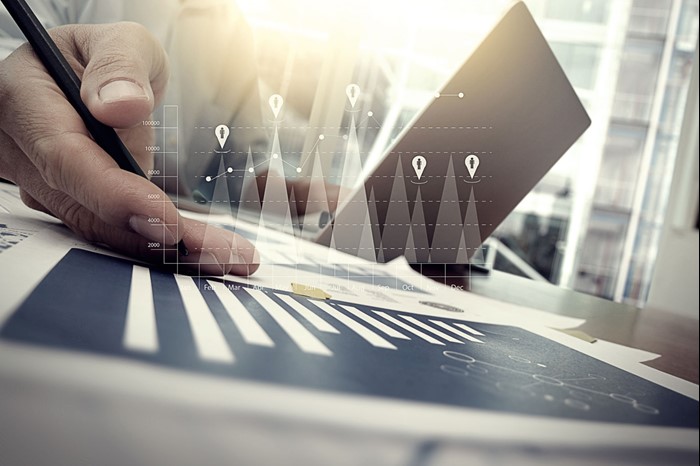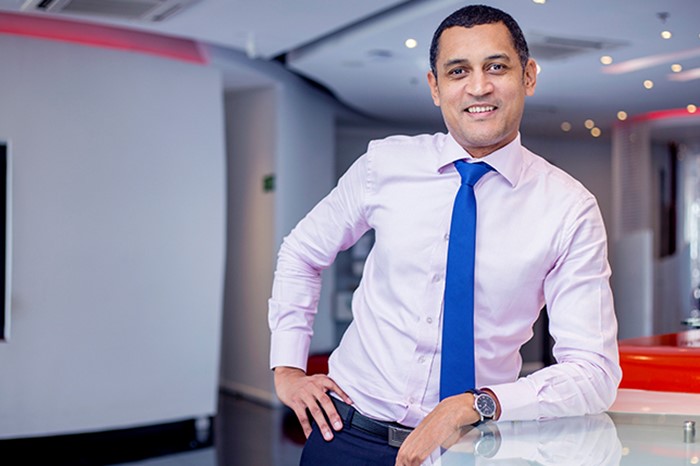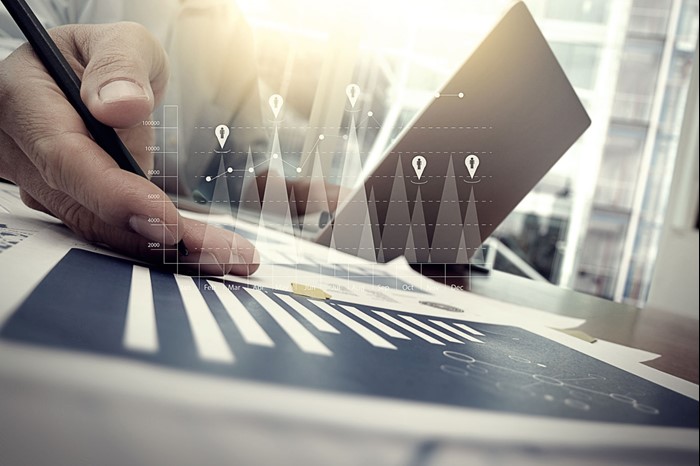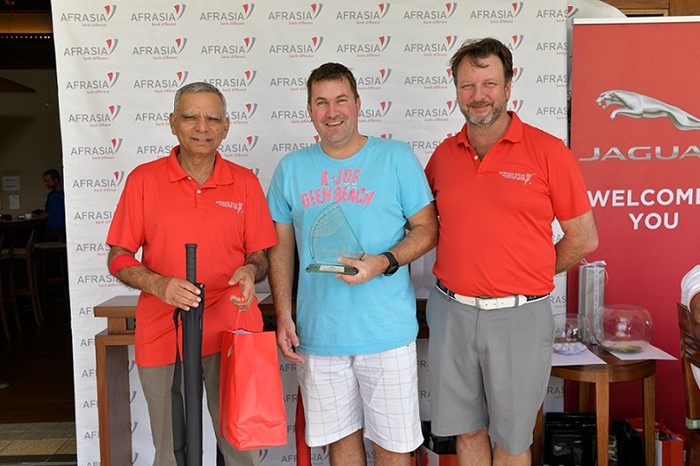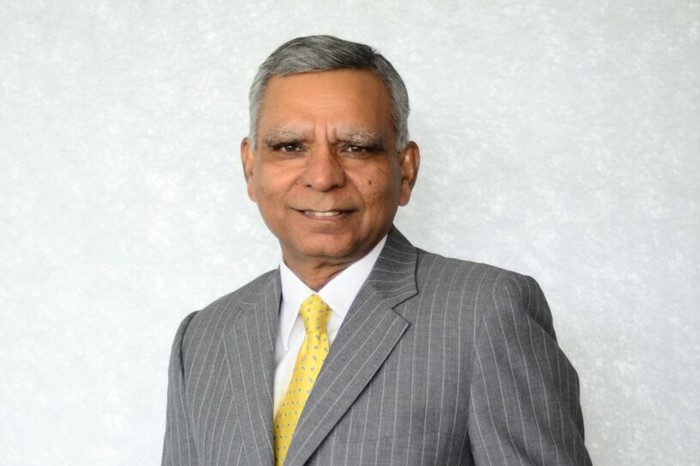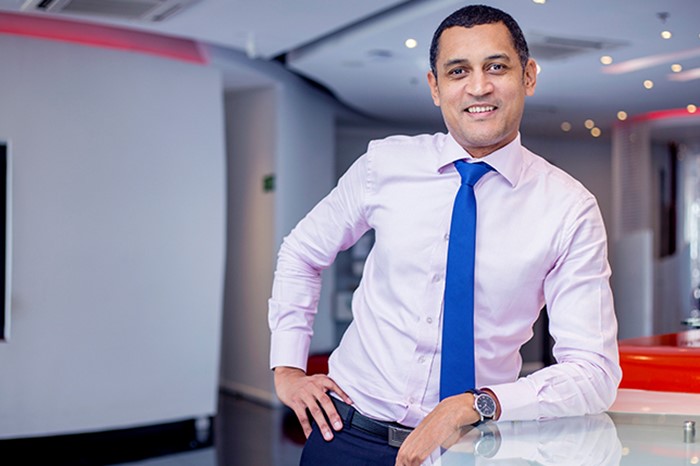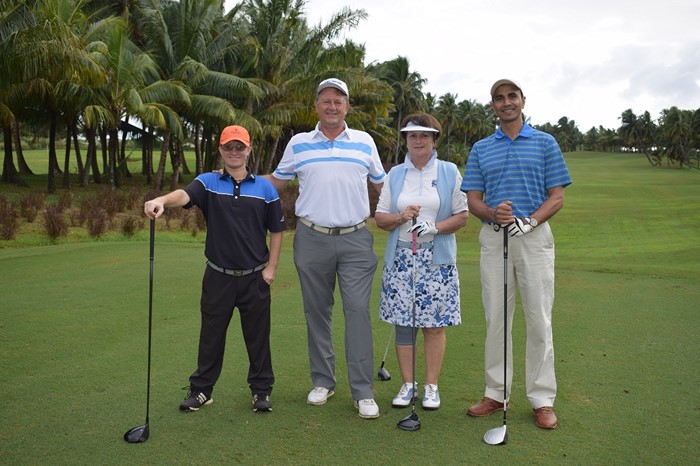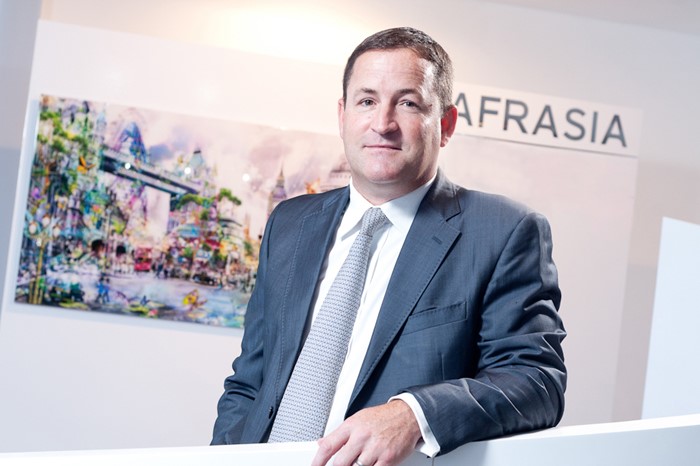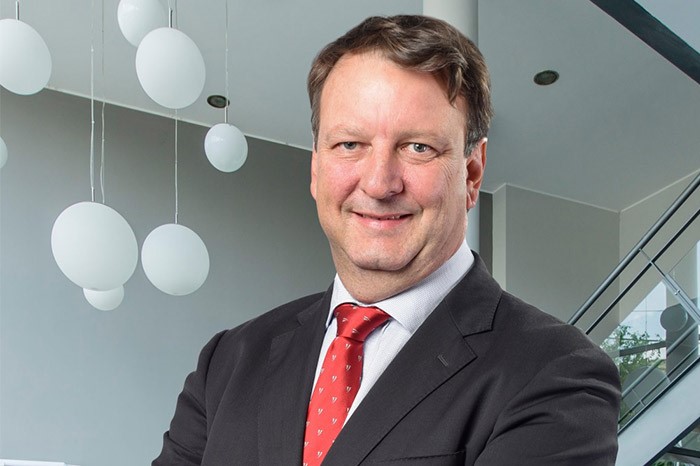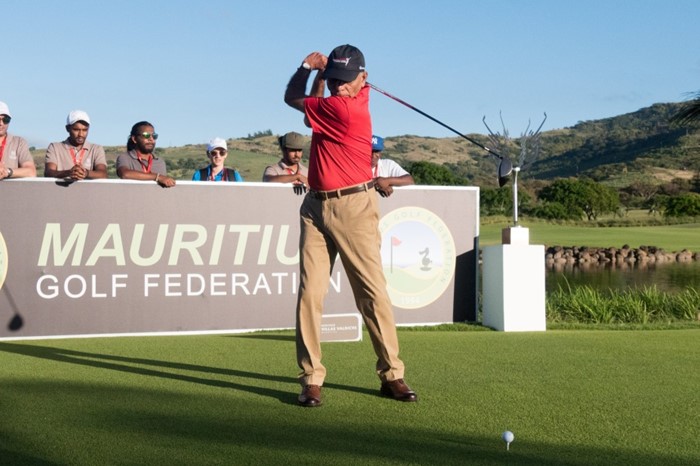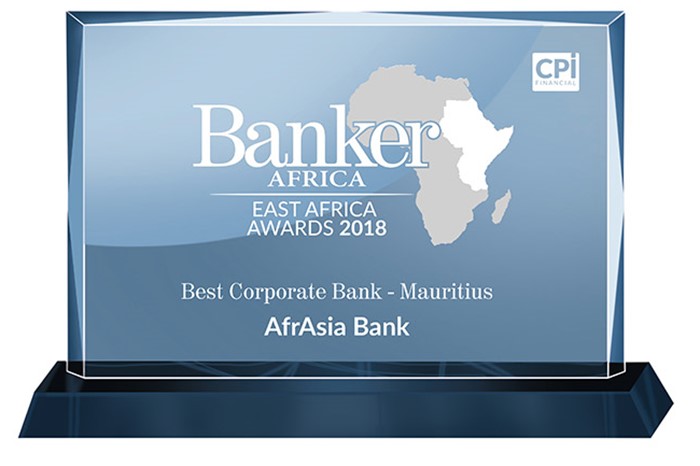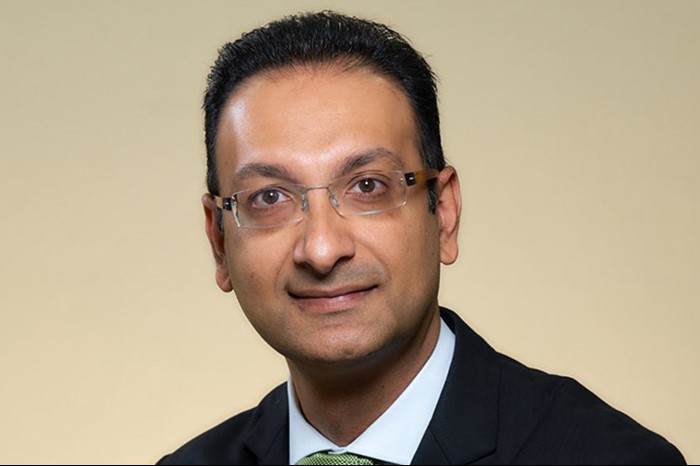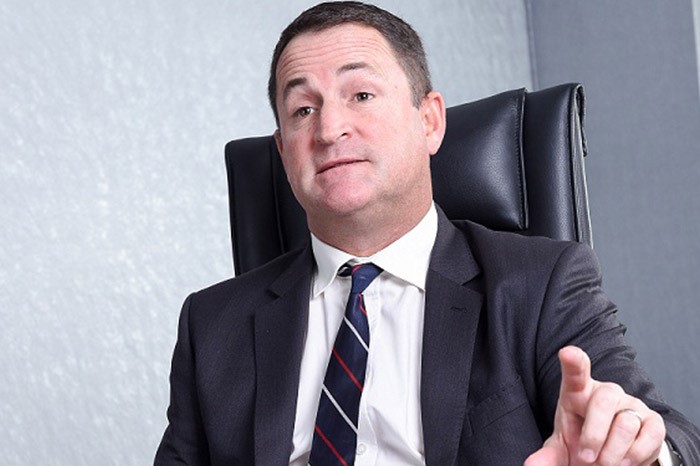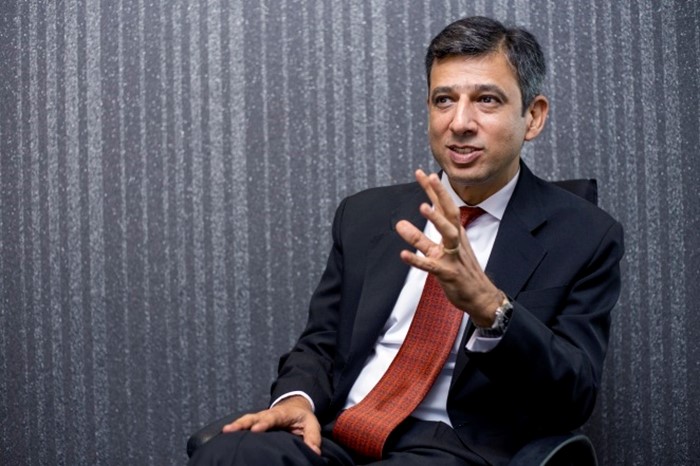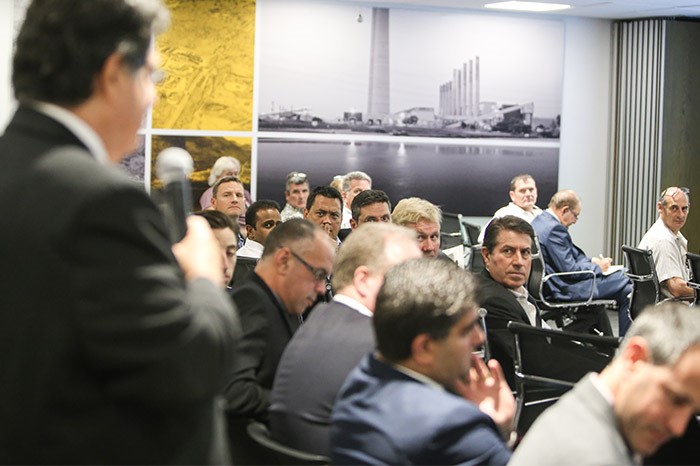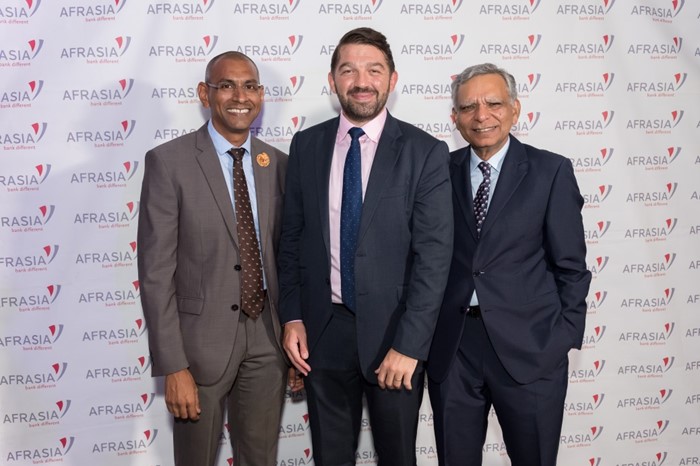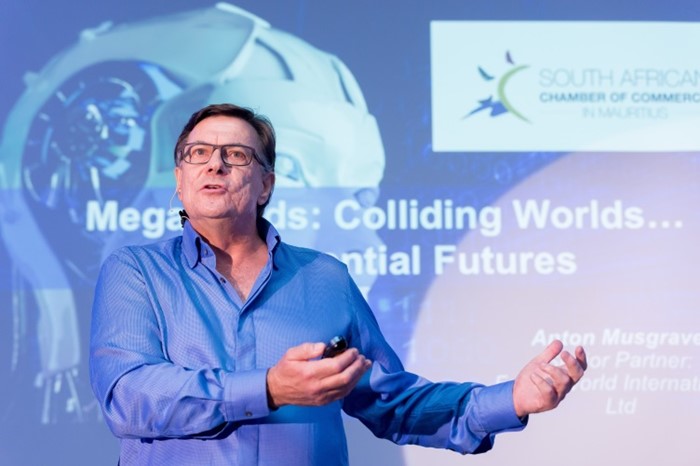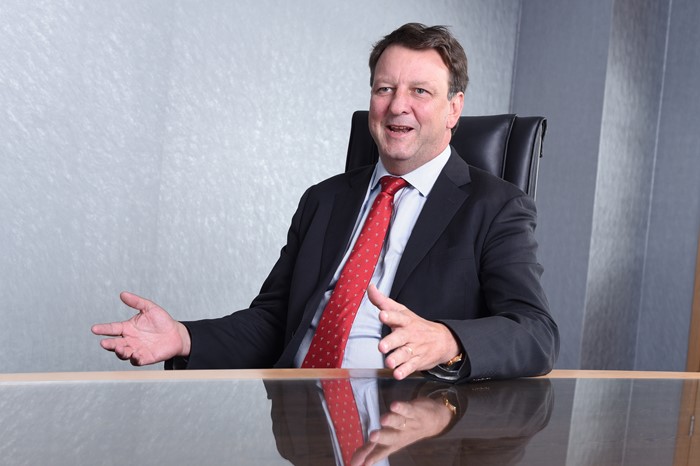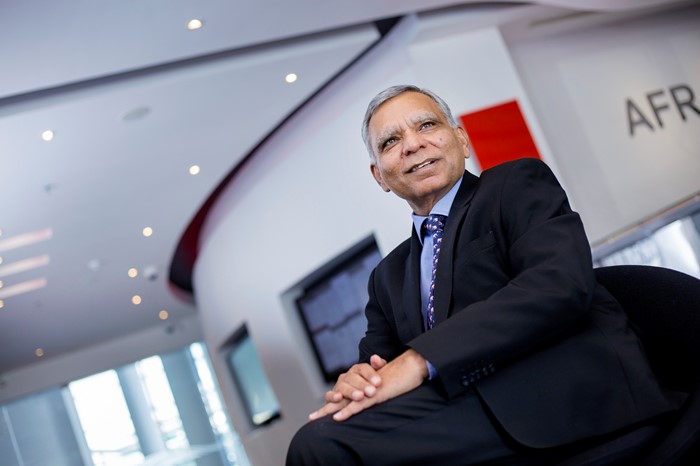

- AfrAsia Bank is holding its first edition of the Sustainability Summit. What is the idea behind this initiative?
The AfrAsia Bank Sustainability Summit is the very first event of its kind in Mauritius. It will bring together sustainability professionals and business leaders around the world to raise the bar of dialogue and take a deep dive into the practice and performance of sustainable business.
A key objective of this Summit is to focus on the joint efforts of local businesses and international professionals to drive local and regional impacts in the field of sustainable development.
Businesspersons will be able to highlight how their businesses are taking a leadership role in driving the sustainability agenda by integrating the SDGs into their corporate strategies.
The AfrAsia Bank Sustainability Summit will culminate in the elaboration of a roadmap for the implementation of measures that will enable businesses to fully integrate the 17 SDGs in their operations. This roadmap aims to set the standards and the methodology which businesses will be adopting to ensure that implementing measures favouring the realisation of the 17 SDGs is feasible and non-disruptive.
- How would you assess the spread of sustainable development in Mauritius?
Corporates have been deeply involved, albeit indirectly, in social and environmental causes, but I believe that we need a more hands-on approach. Hence this initiative of AfrAsia Bank to bring together experts in the field of corporate sustainability and business leaders to find ways to implement, at the core of our operations, the elements that will help realise the SDGs.
Over the years, we have witnessed, in Mauritius and around the world, a number of initiatives, both government-led and private, to better address the issues that are a hindrance to an effective sustainable development model. And these initiatives have helped spread around the importance of sustainable development, especially in our own specific context as a developing island State.
- Have companies really taken cognizance of the importance of the "green conscience"? How can it be linked along with financial efficiency?
I should say that most companies, especially the larger ones, have put in place proper mechanisms to achieve a much more environment-friendly efficiency. At AfrAsia Bank, we have, since our inception, focused on reducing the social and environmental impact of our operations. We have also put in place a very elaborate corporate social responsibility program, driven internally by a dedicated team. I believe that other companies share the same motivation, especially since a greener approach to business also means better profitability. Indeed, one of the requirements for business is Eco friendliness. Partners, suppliers and collaborators will also tend to favour companies that have a green, or even a greener conscience and that show consistency in their operations with regards to environment protection and sustainable development. Also, implementing sustainable development measures can help businesses reduce their costs and expenses, namely through energy reduction and recycling and reusing of disposable materials like paper and other consumables.
- Could you explain the rationale behind the choice of nine themes based on the 17 SDGs that the conference aims to highlight and work towards?
The nine themes summarise the 17 SDGs, which are intertwined and often overlap. Which is why we chose to focus on 9 themes. These will cover the whole set of SDGs and present them, in our opinion, in a more concise and simple manner so that their realisation is more easily achievable.
- How realistic are Mauritius's endeavours to meet the SDG goals in the delay prescribed?
I think that we are heading in the right direction. Although, when it comes to sustainable development, there is still a lot to accomplish. This is one of the reasons that we are organising this summit, which is the first event of its kind to be held in Mauritius. We hope that we will be able to organise other such events with other partners in the future. I would also like to invite other businesses to join us in this endeavour to ensure that the private sector in Mauritius is well-versed in the field of sustainable development and is able to embrace such initiatives that allow businesses to be more eco-friendly and more geared towards sustainable development.
- Does the petroleum hub project not send a backwards signal when it comes to this?
The question is interesting, but there are no simple answers. While a company, and a country, should always aspire to encourage and foster sustainable development, one must always balance these eco-conscious objectives with economic or developmental goals. These two – eco-consciousness and economic goals – do not always match but are not necessarily at odds with each other; as such, companies and countries should strive to find the middle-ground between the two, with projects that enable sustained and sustainable growth on the short, medium and long term.
- Sustainable development also entails reducing inequality and ensuring prosperity. What are the steps to undertake to ensure everyone is onboard upon Mauritius's journey to becoming a high-income country?
Most CSR initiatives tend to work in that direction with the ultimate goal being poverty alleviation. We must reckon that such initiatives have been successful so far although there remains a lot to do. We have been working relentlessly over the years to ensure that our partners and collaborators are fully aware of the need to reduce inequalities and ensure prosperity for all. This is, in our opinion, one of the best means for businesses to help in the realisation of SDGs. I believe the population is well aware of the need to fully embark on the sustainable development journey, which is an essential condition towards becoming a high-income country. Such initiatives as the AfrAsia Bank Sustainability Summit are among the kind of events that will ensure that the whole population is sensitised to the need for sustainable development to achieve our goal of becoming a high-income country. I wish that we really have regular events of this kind and that the private sector as well as the authorities work in that direction towards the common high-income goal.
- Are businesses doing their share/their best in that regard?
Definitely. Like I said before, all companies have a very comprehensive CSR programme. We hope that other businesses, especially the SMEs, will also contribute towards the realisation of the SDGs as well as help the country move up the income ladder.
